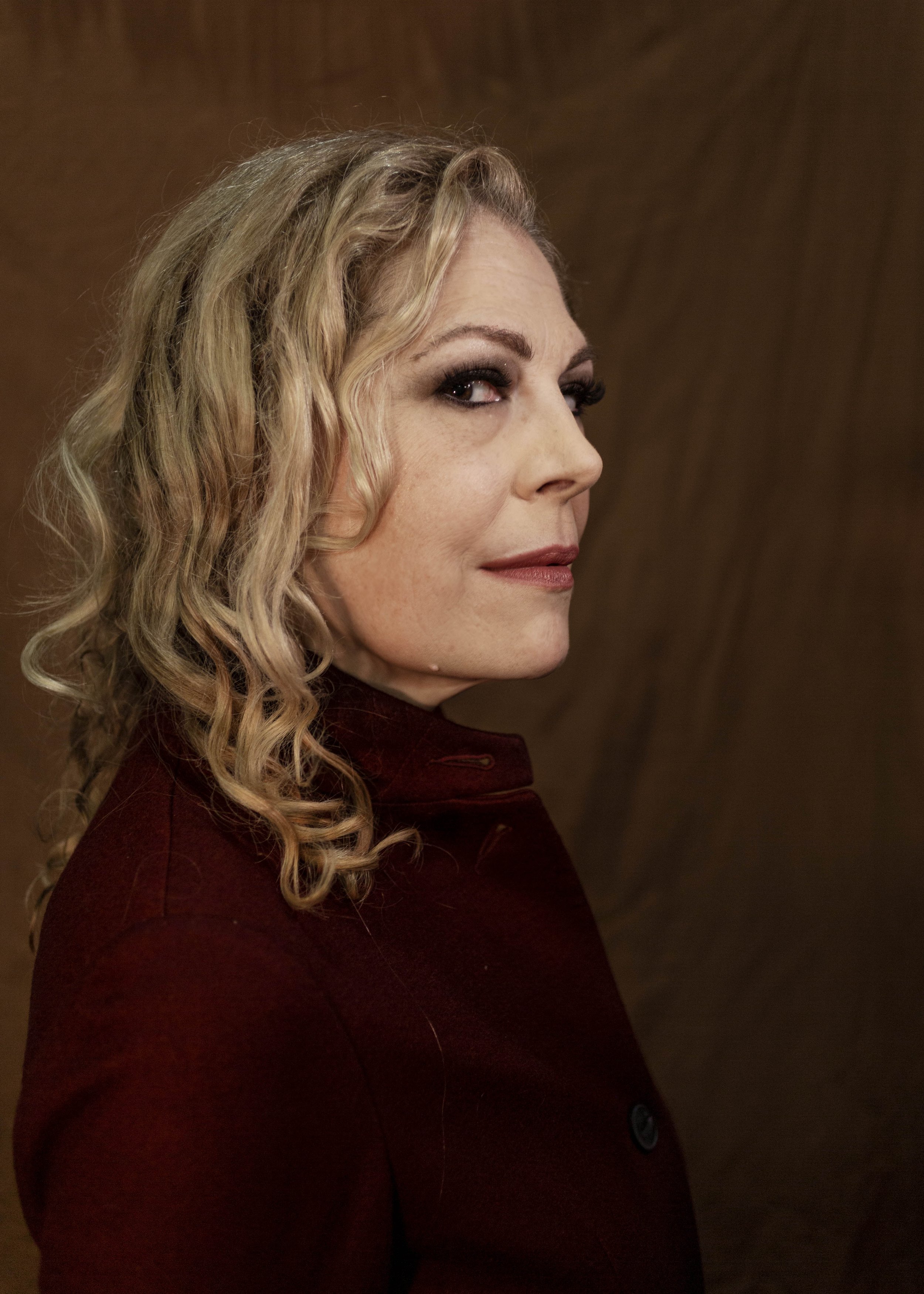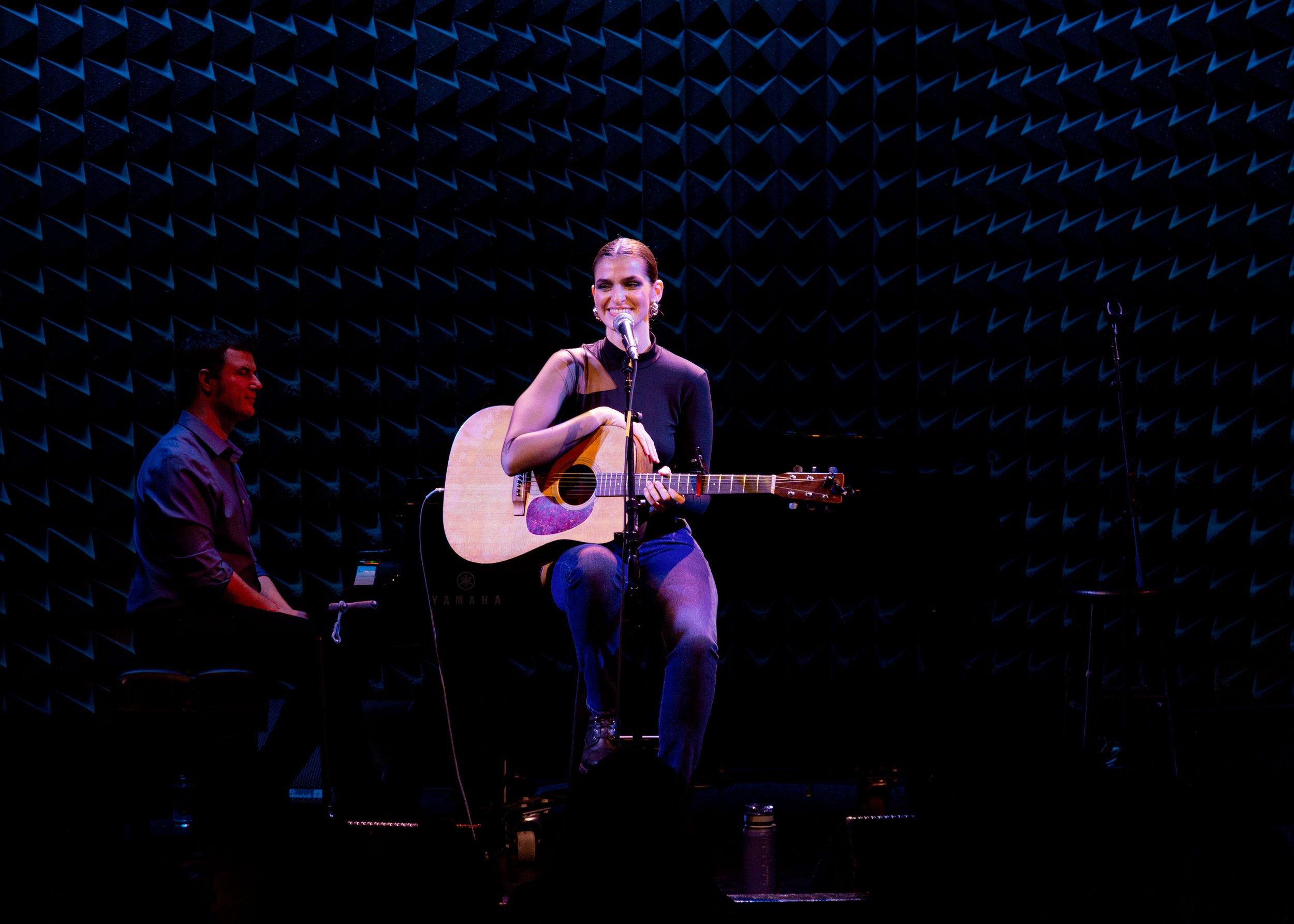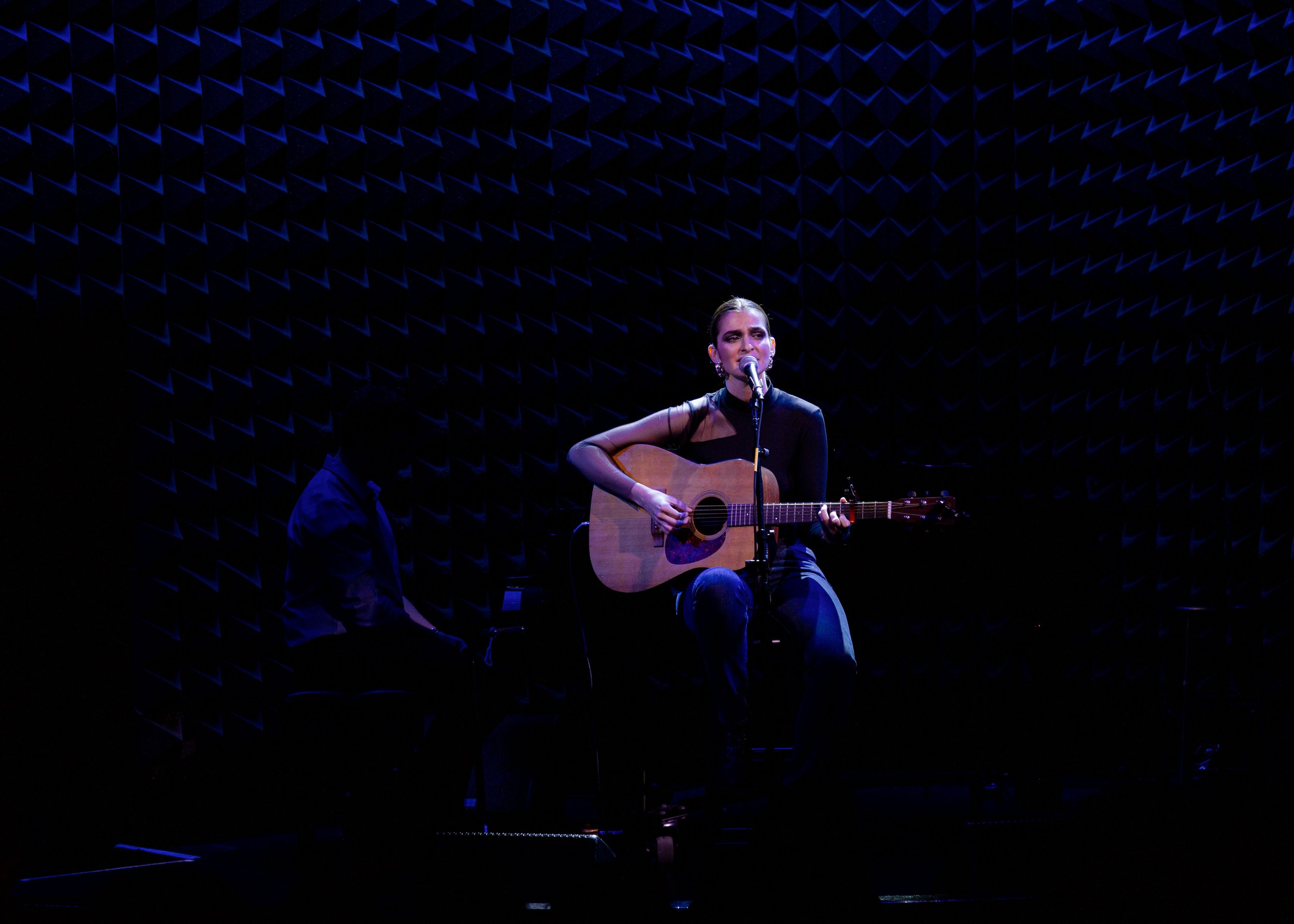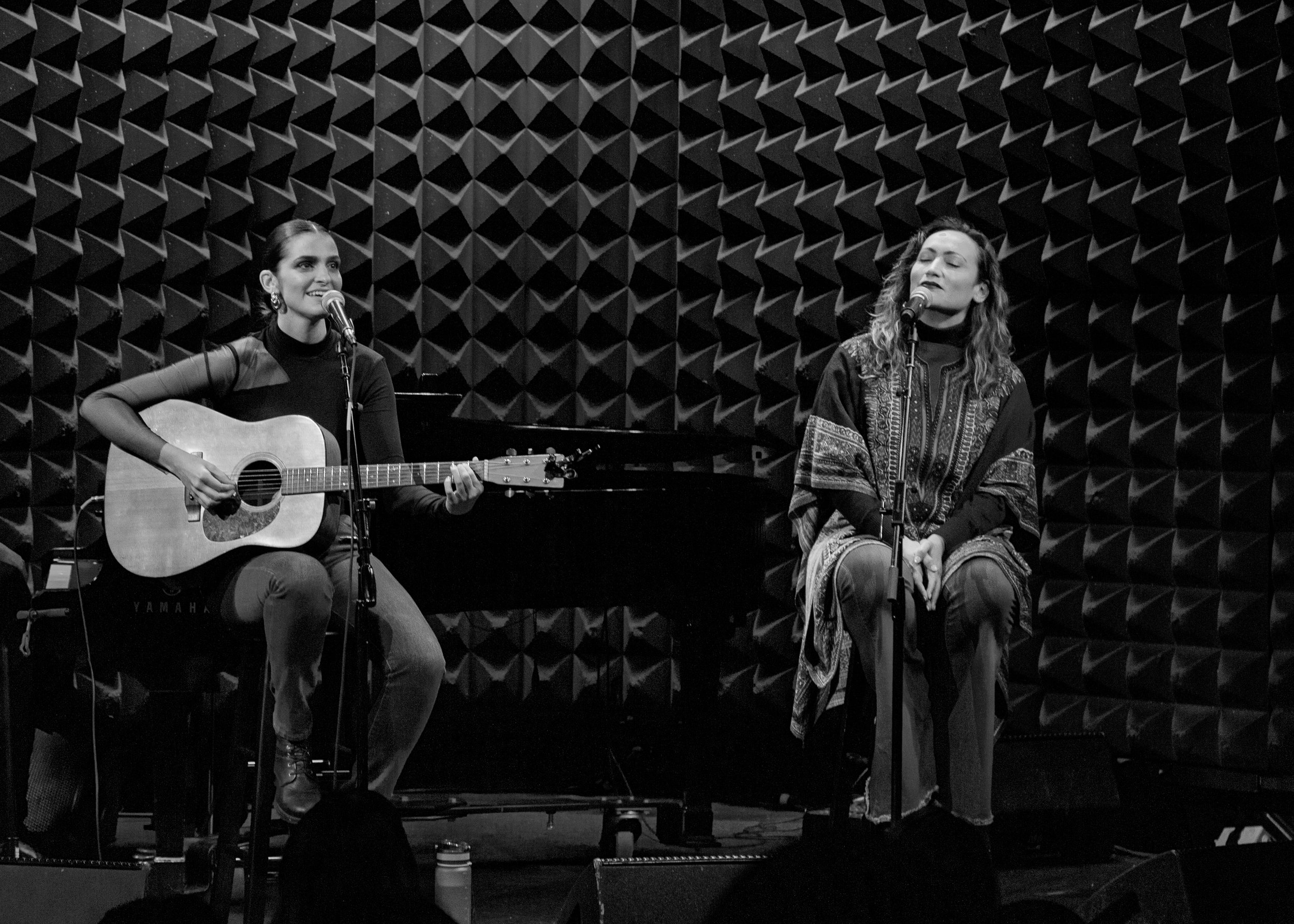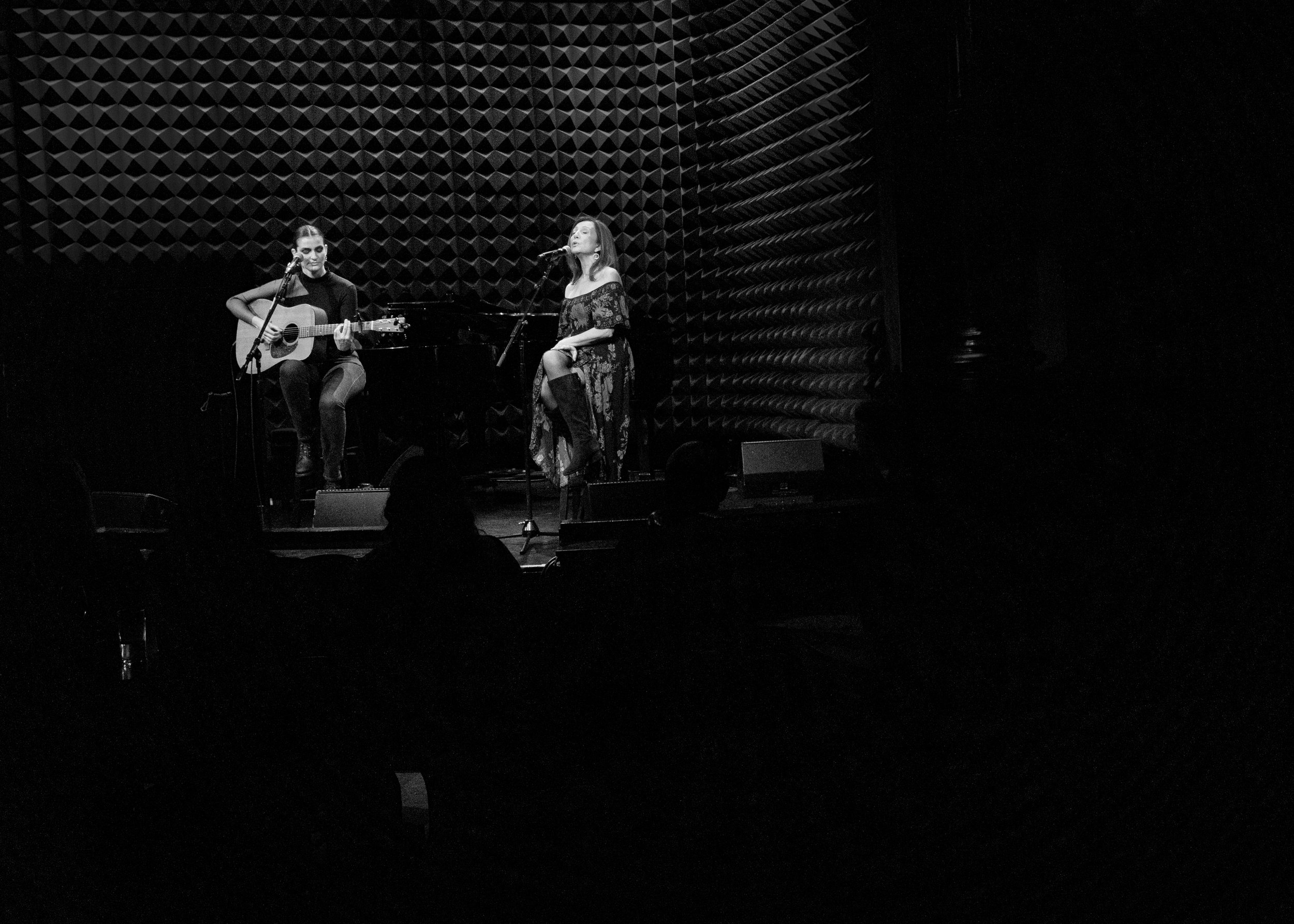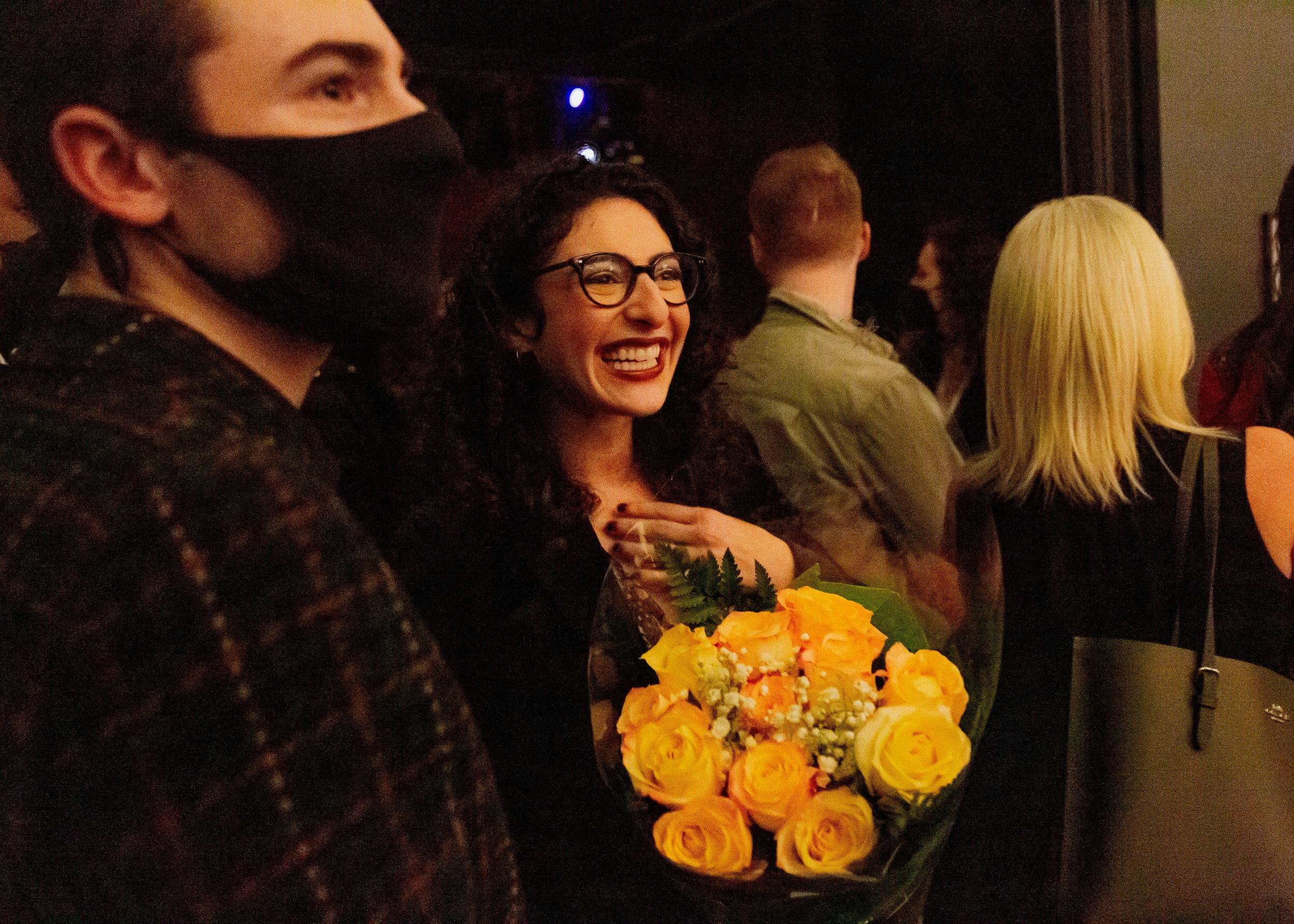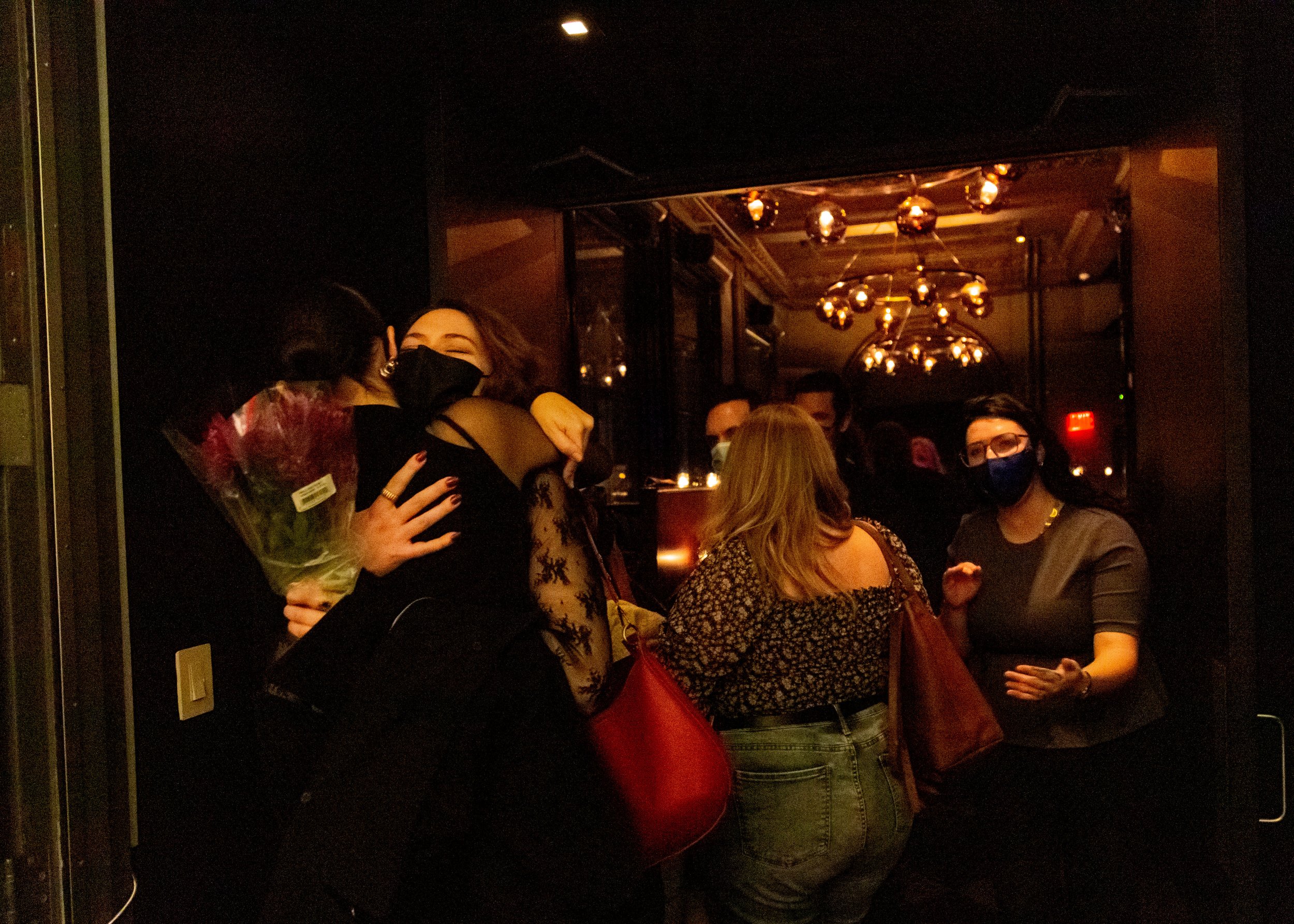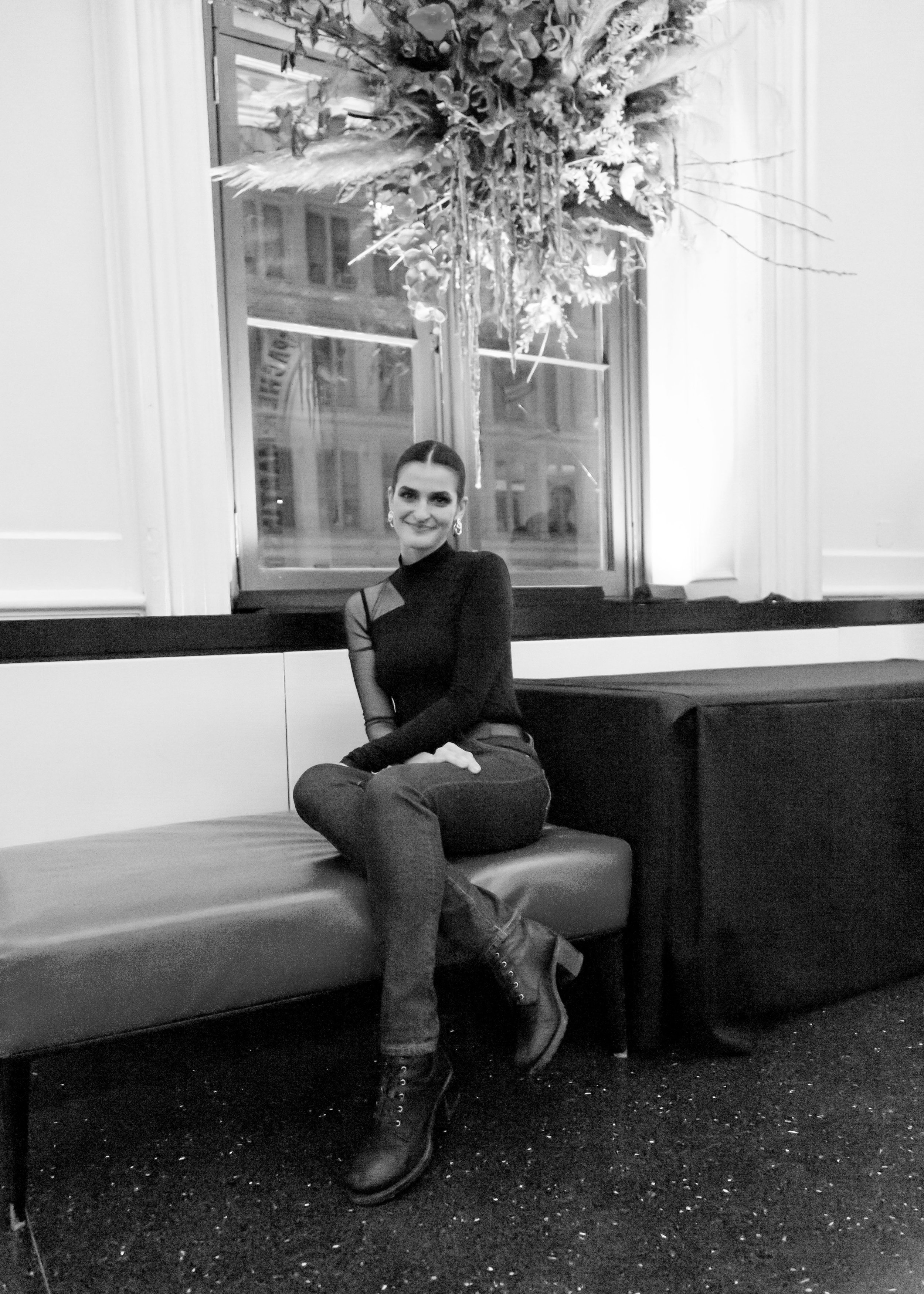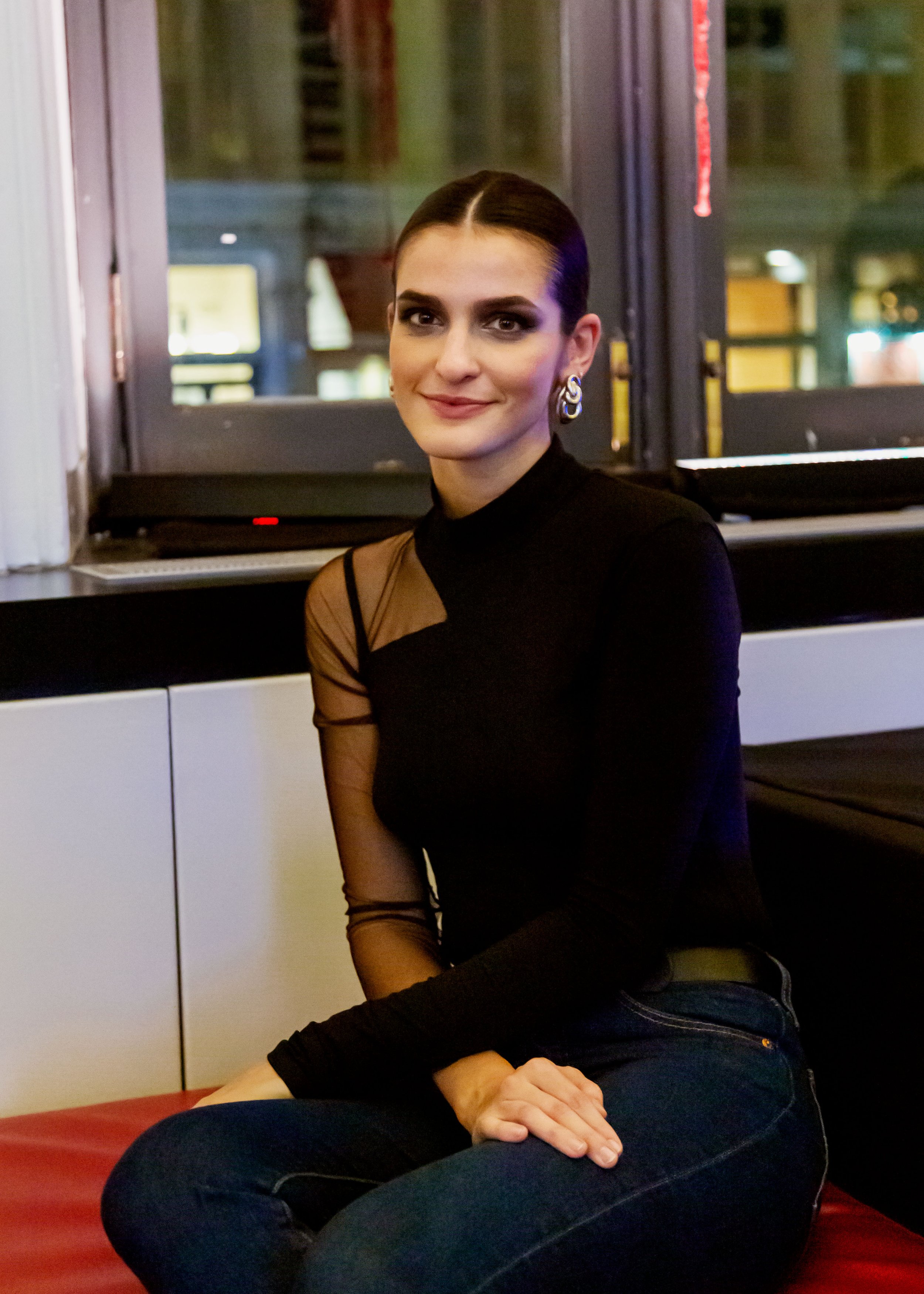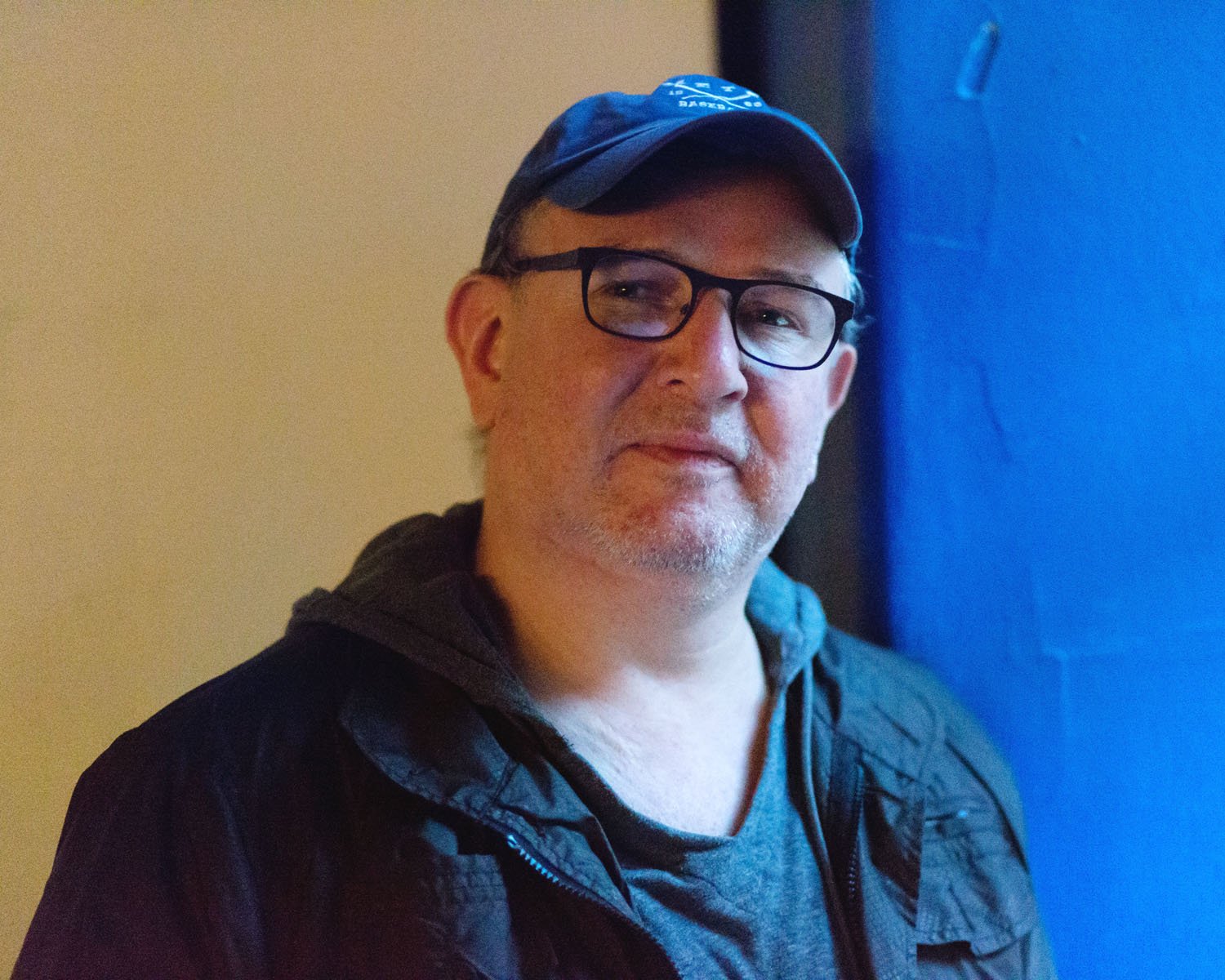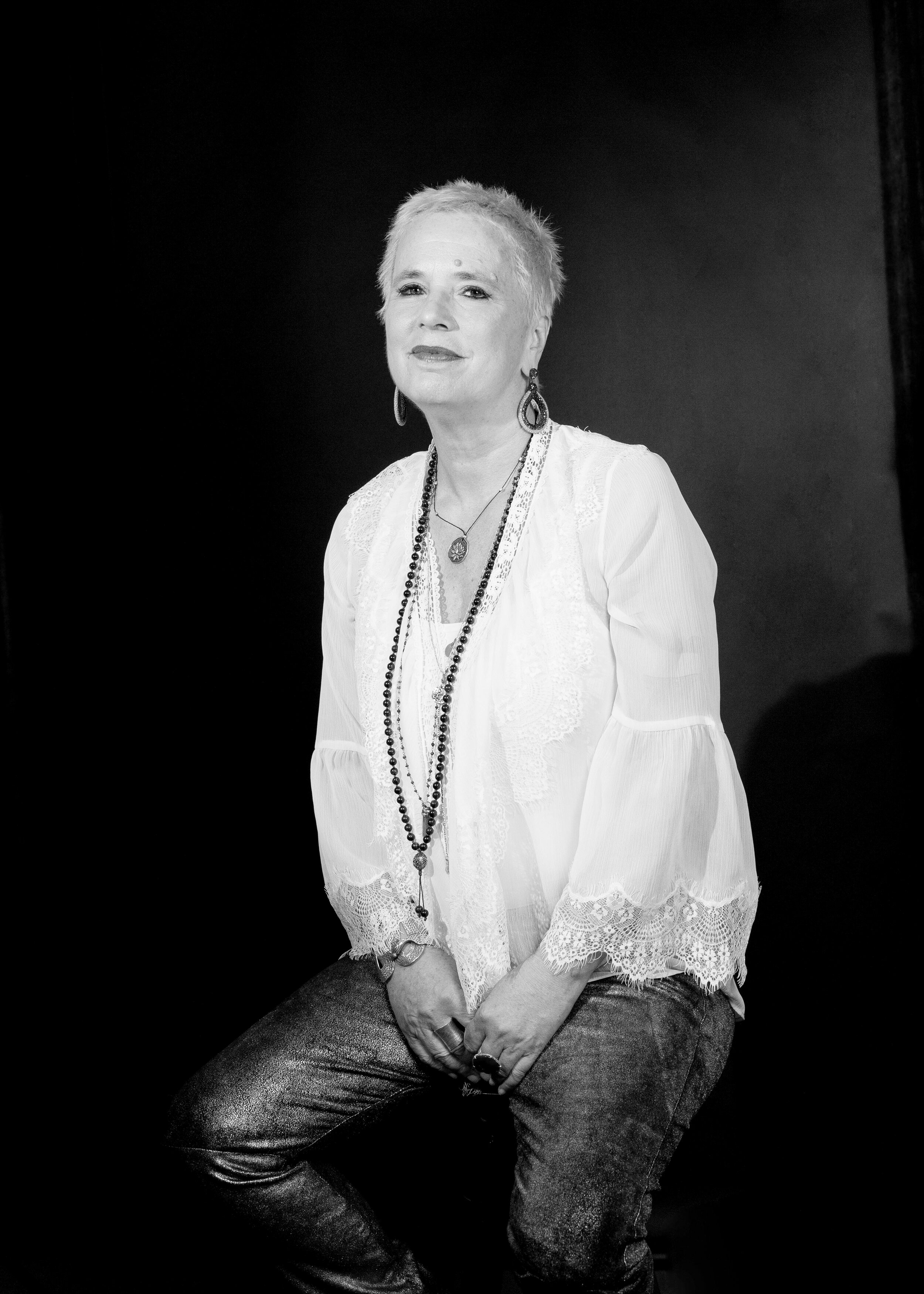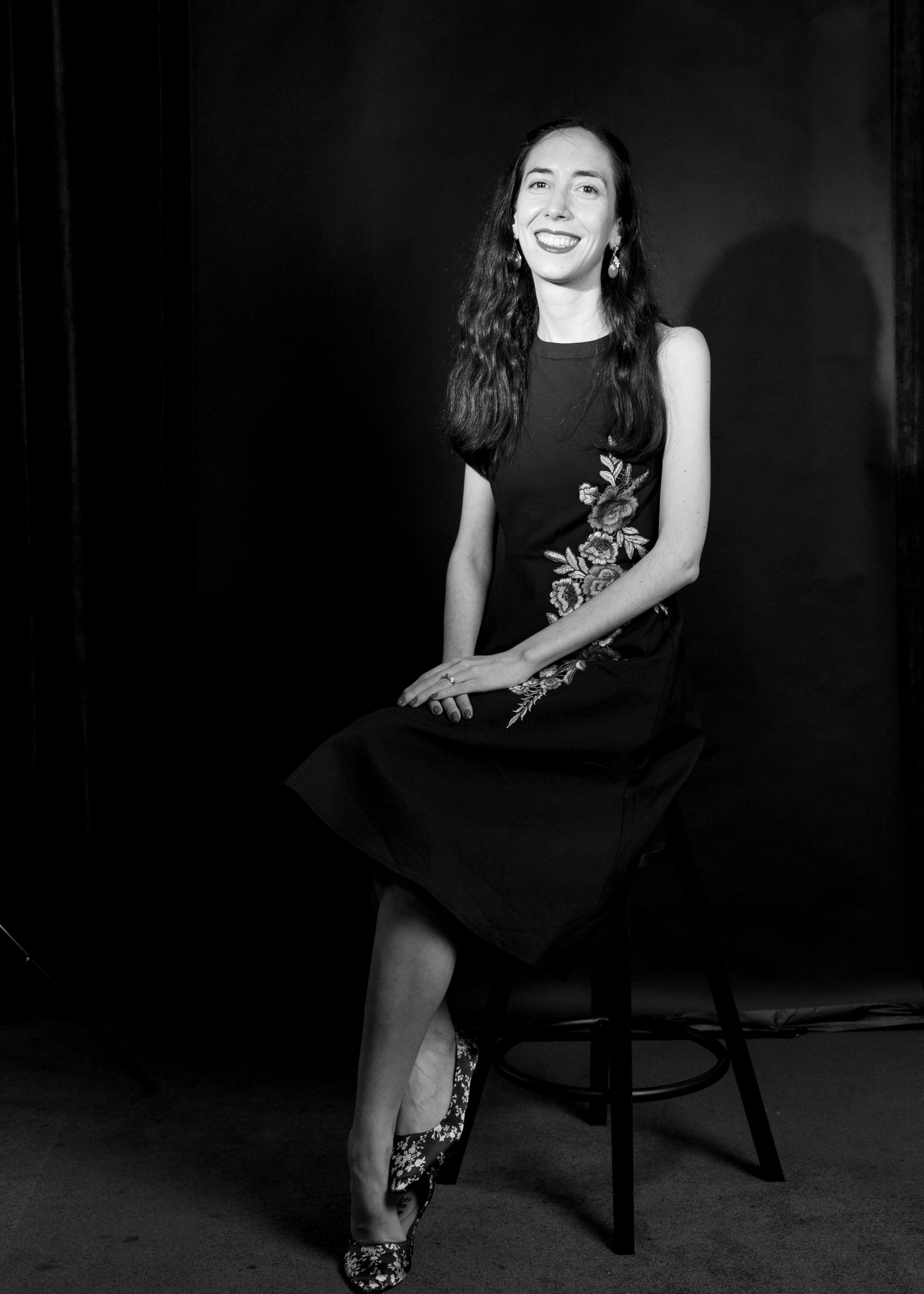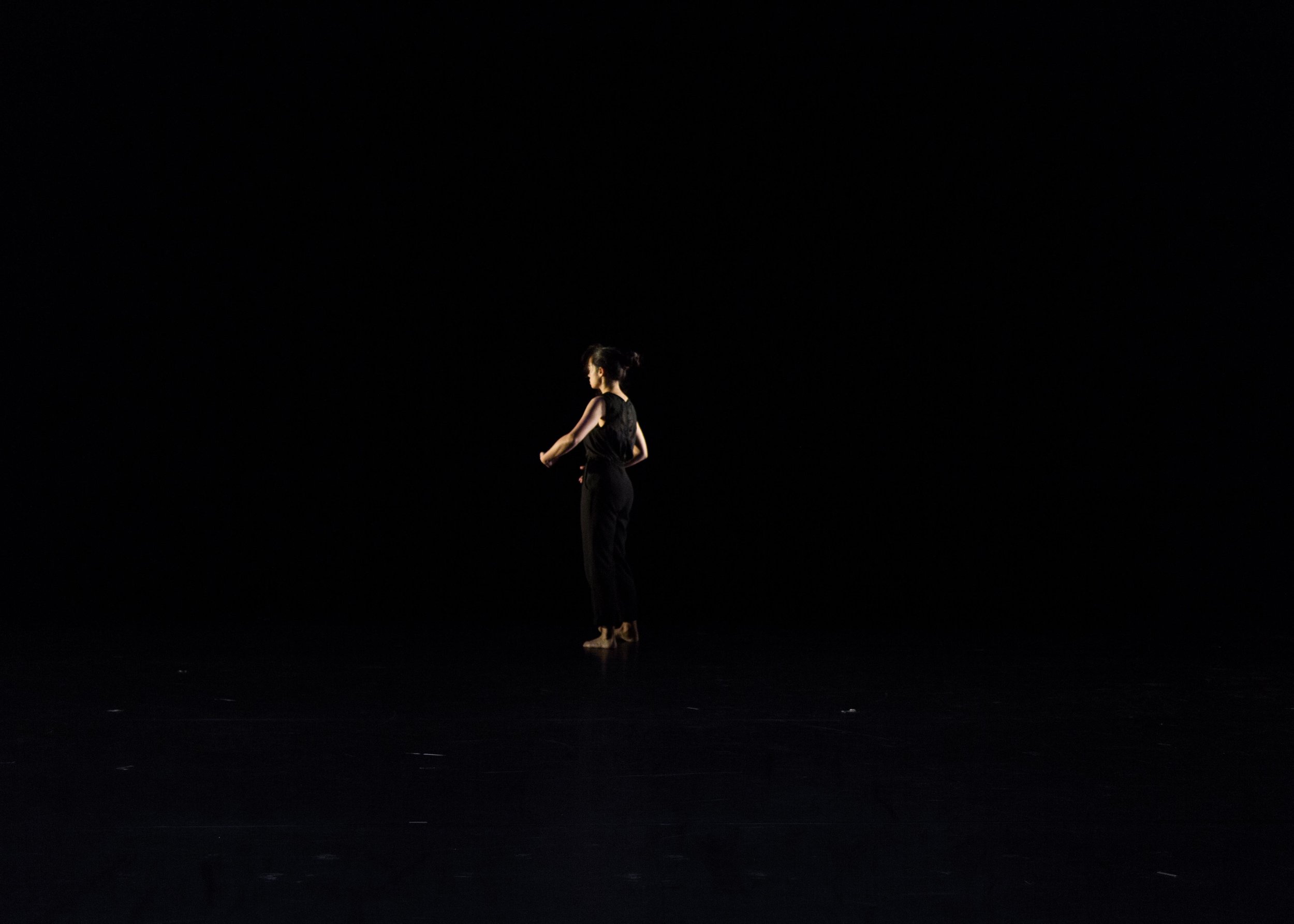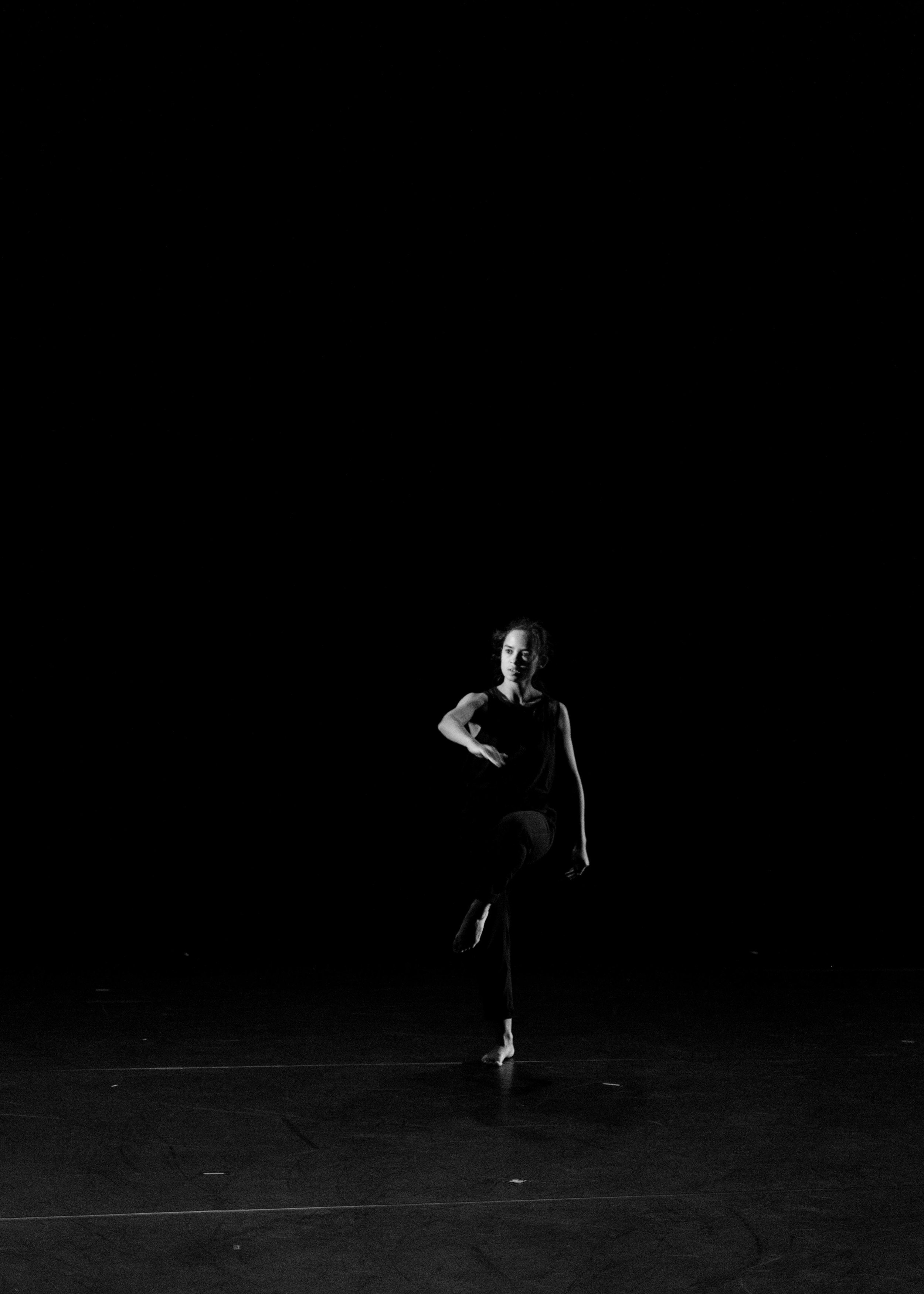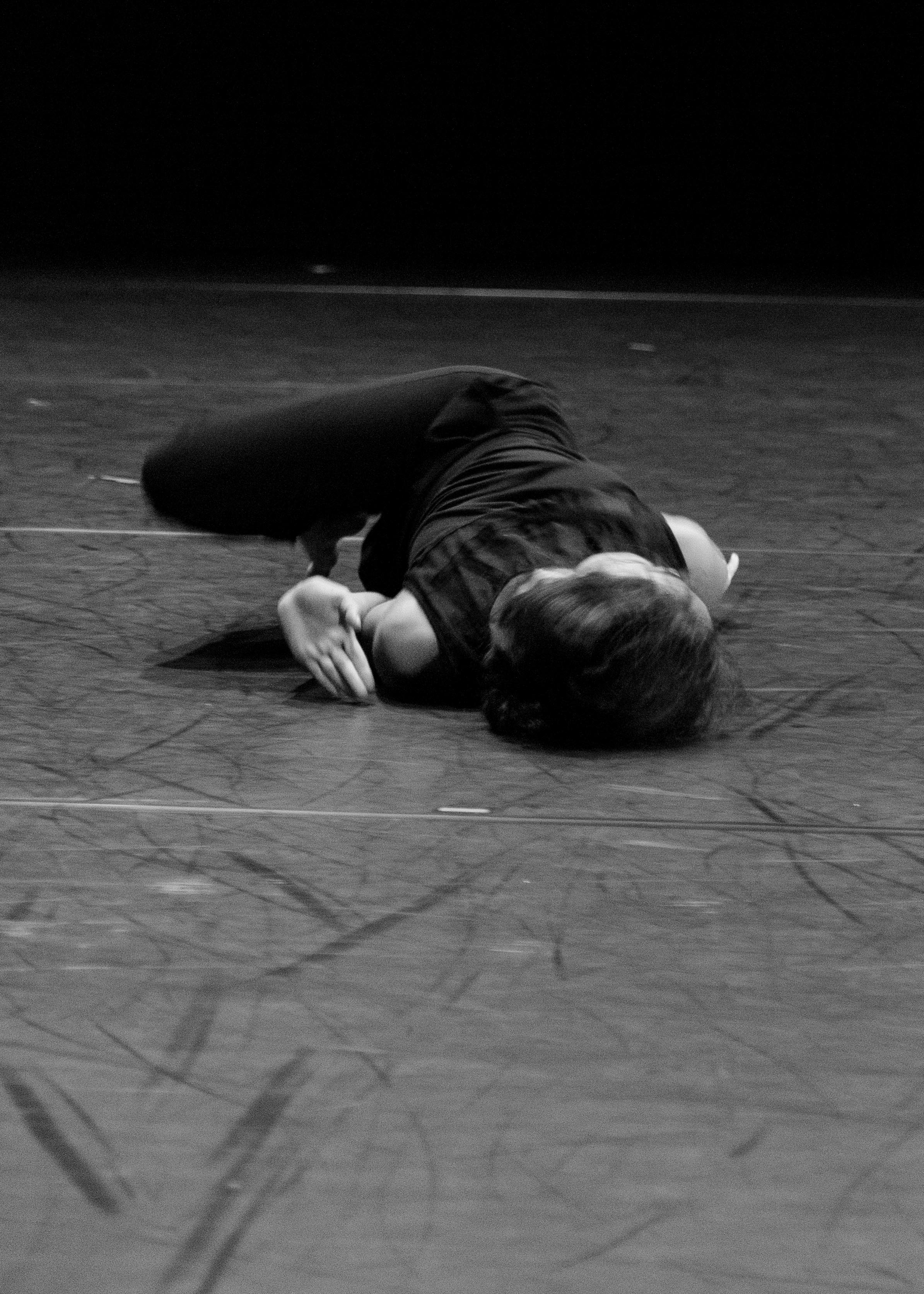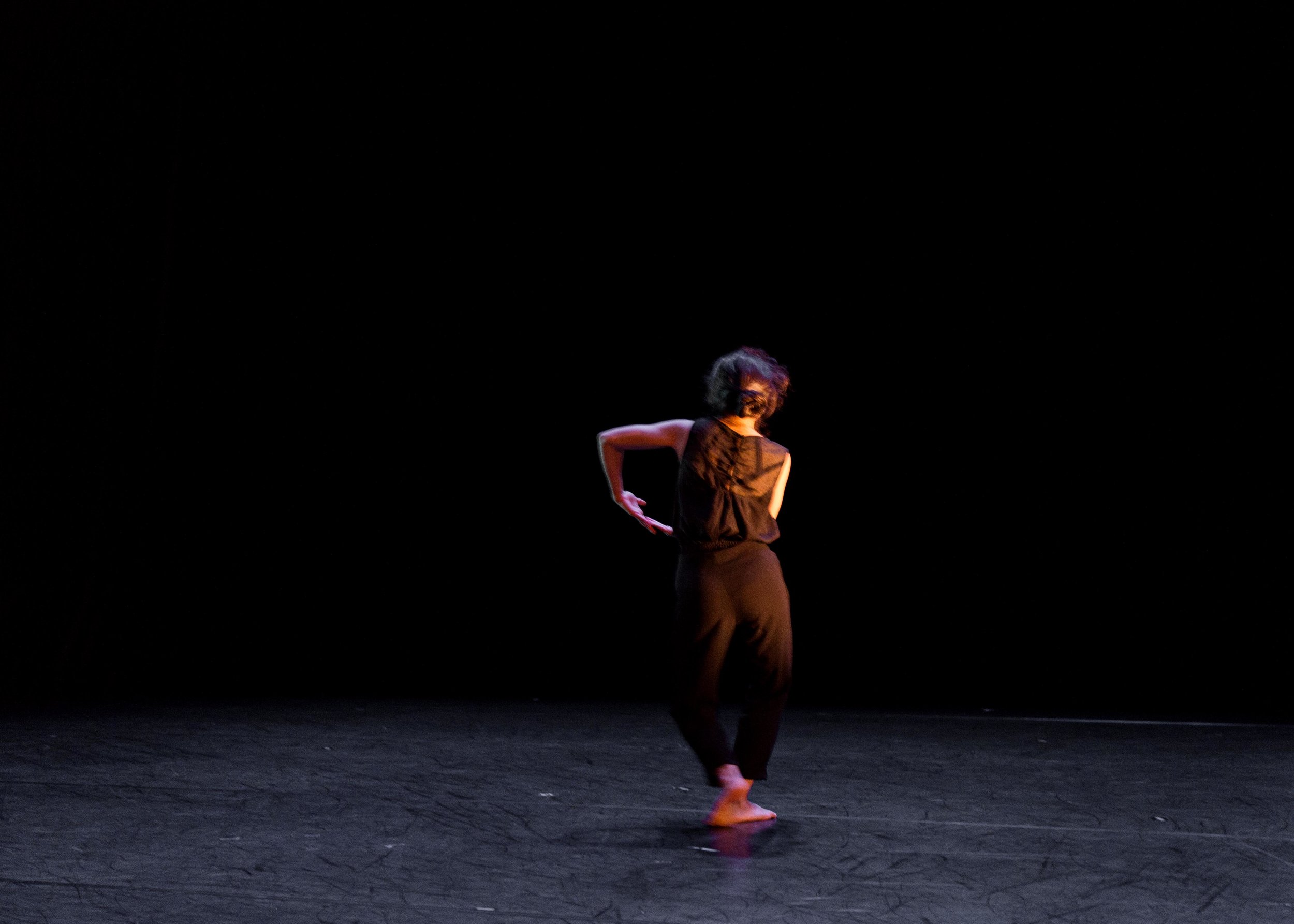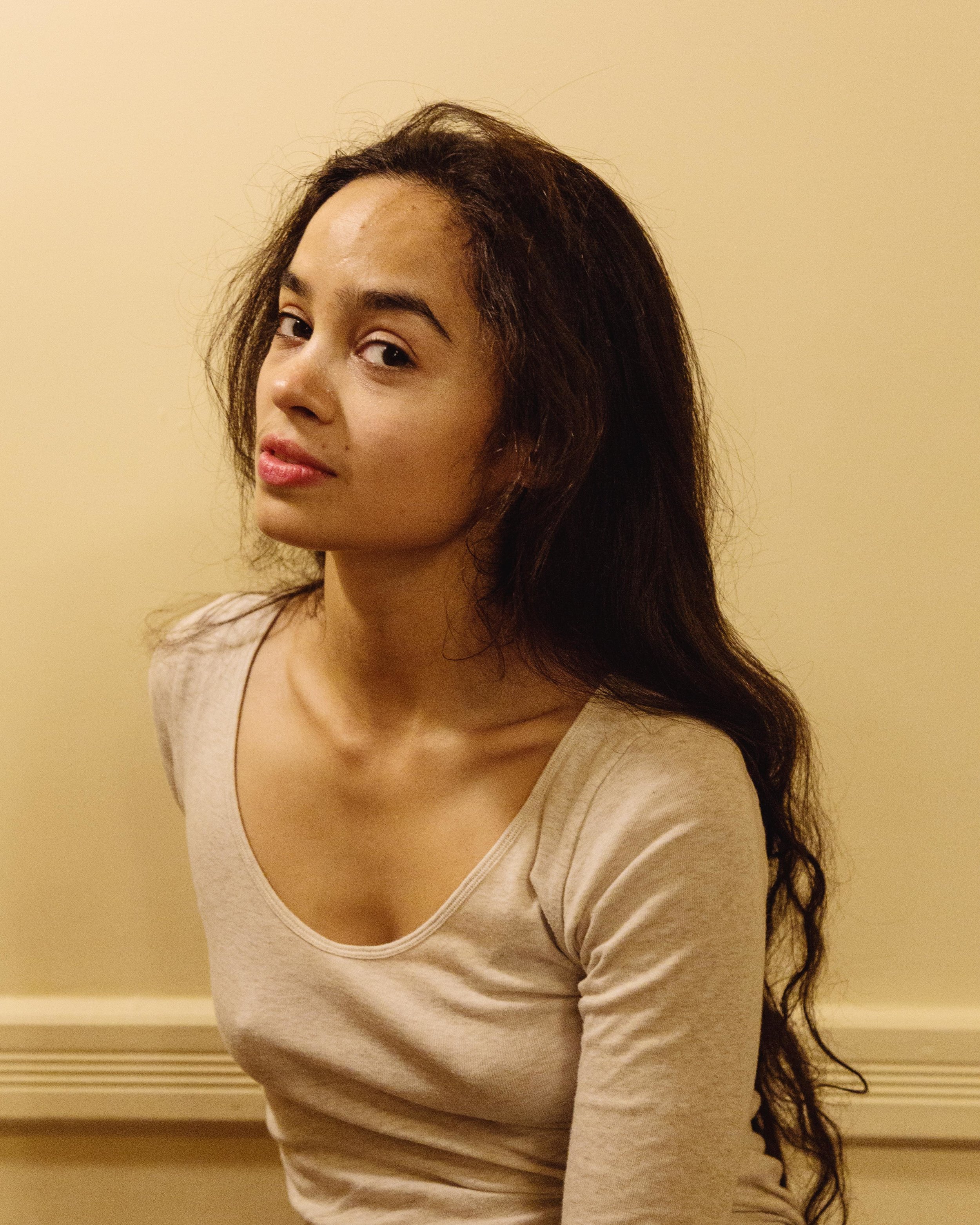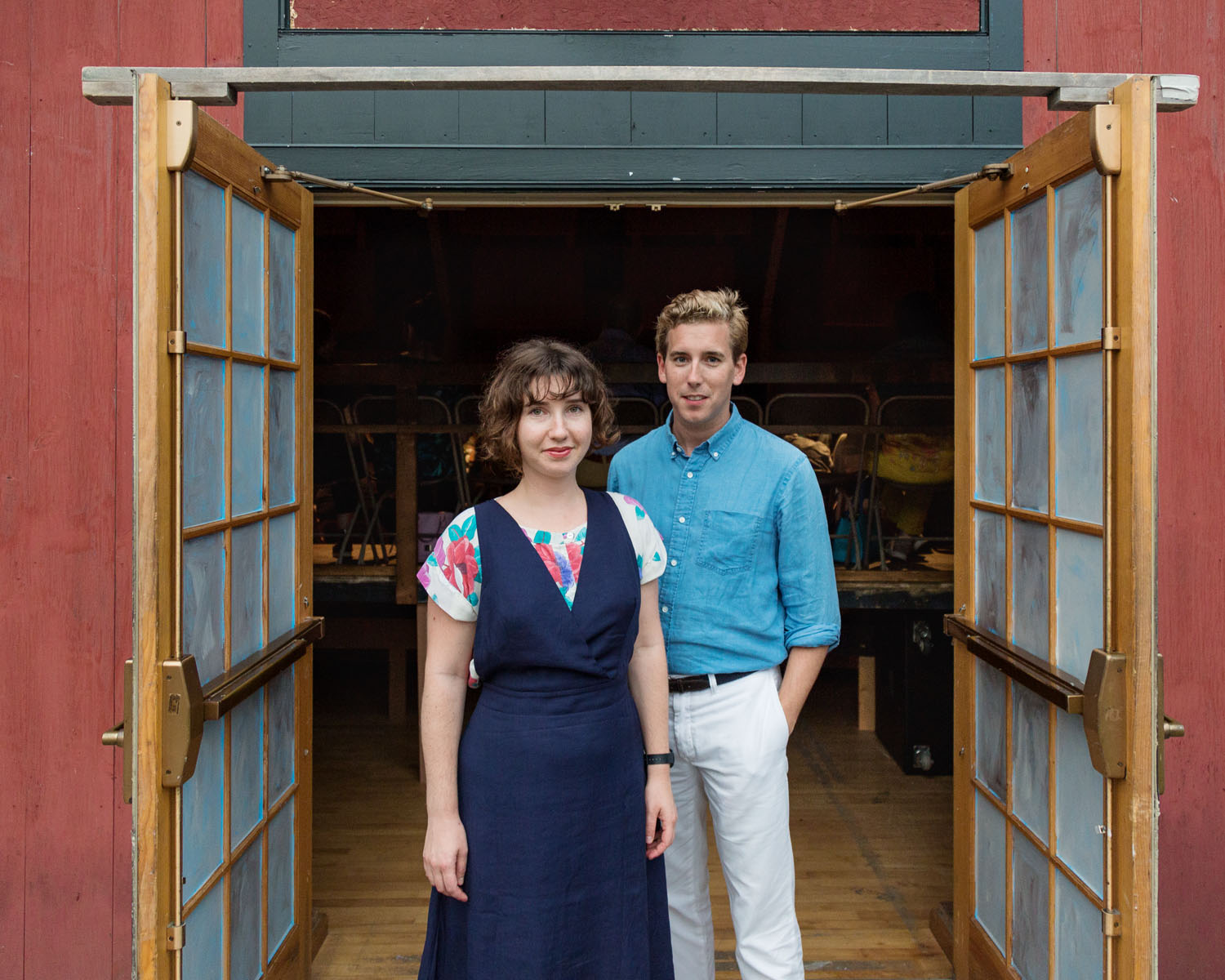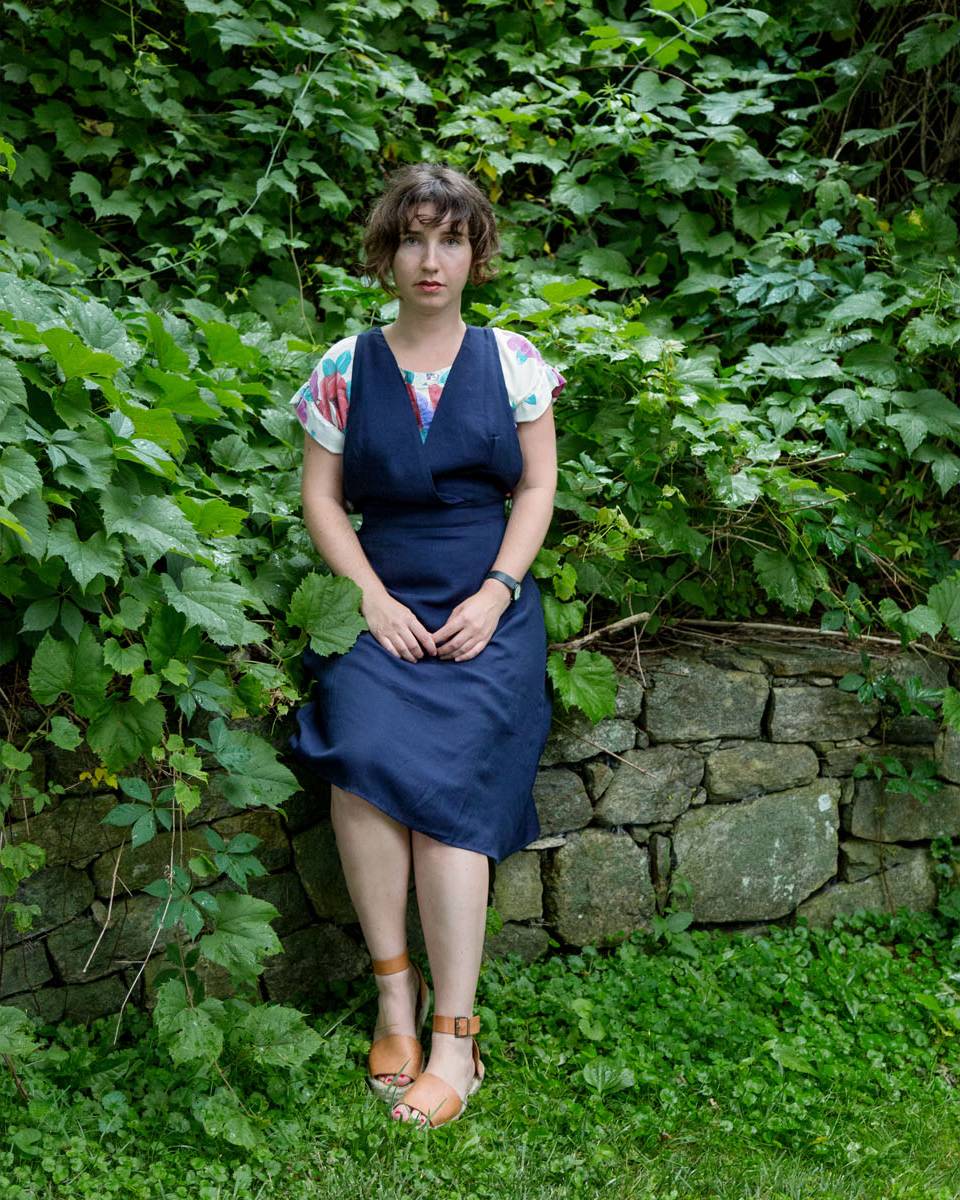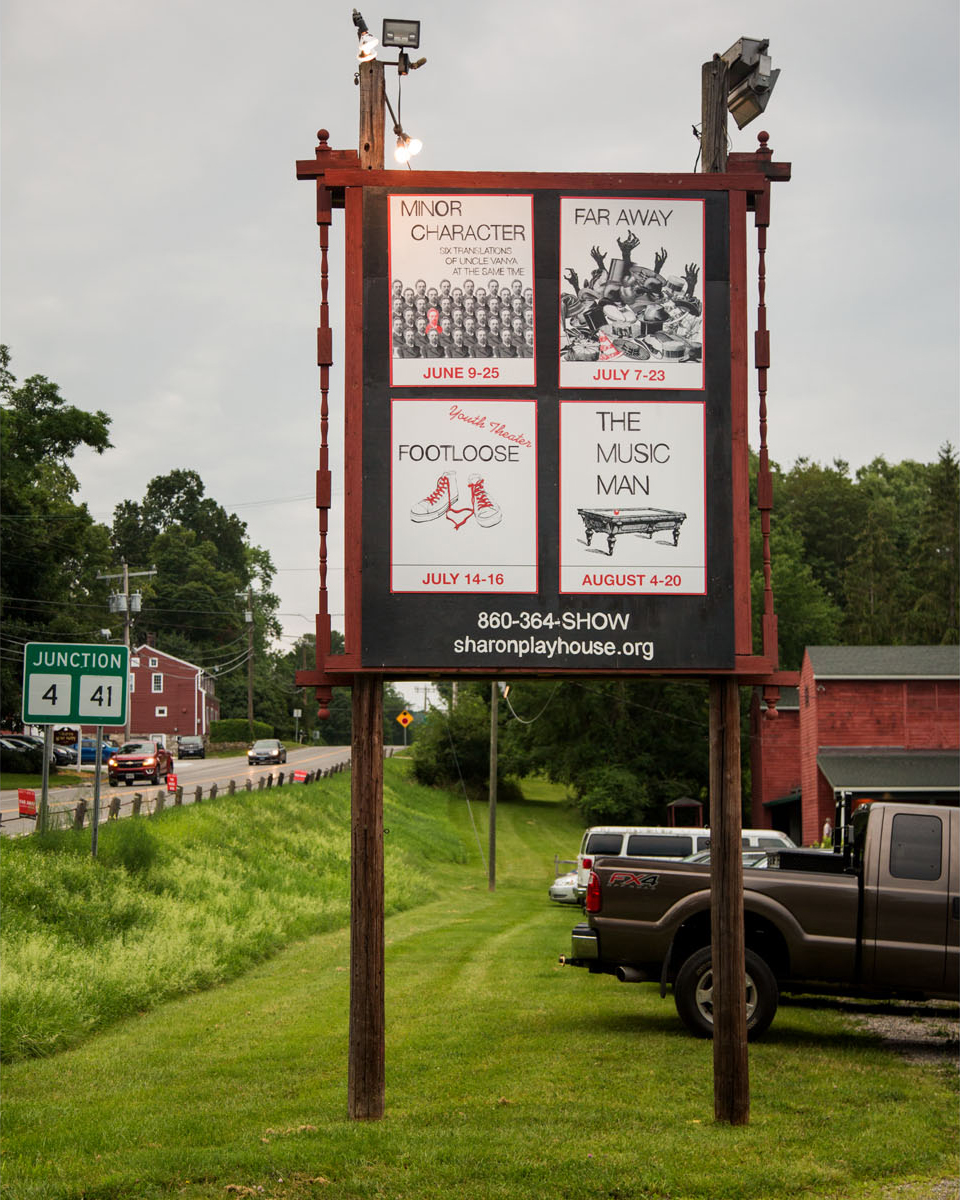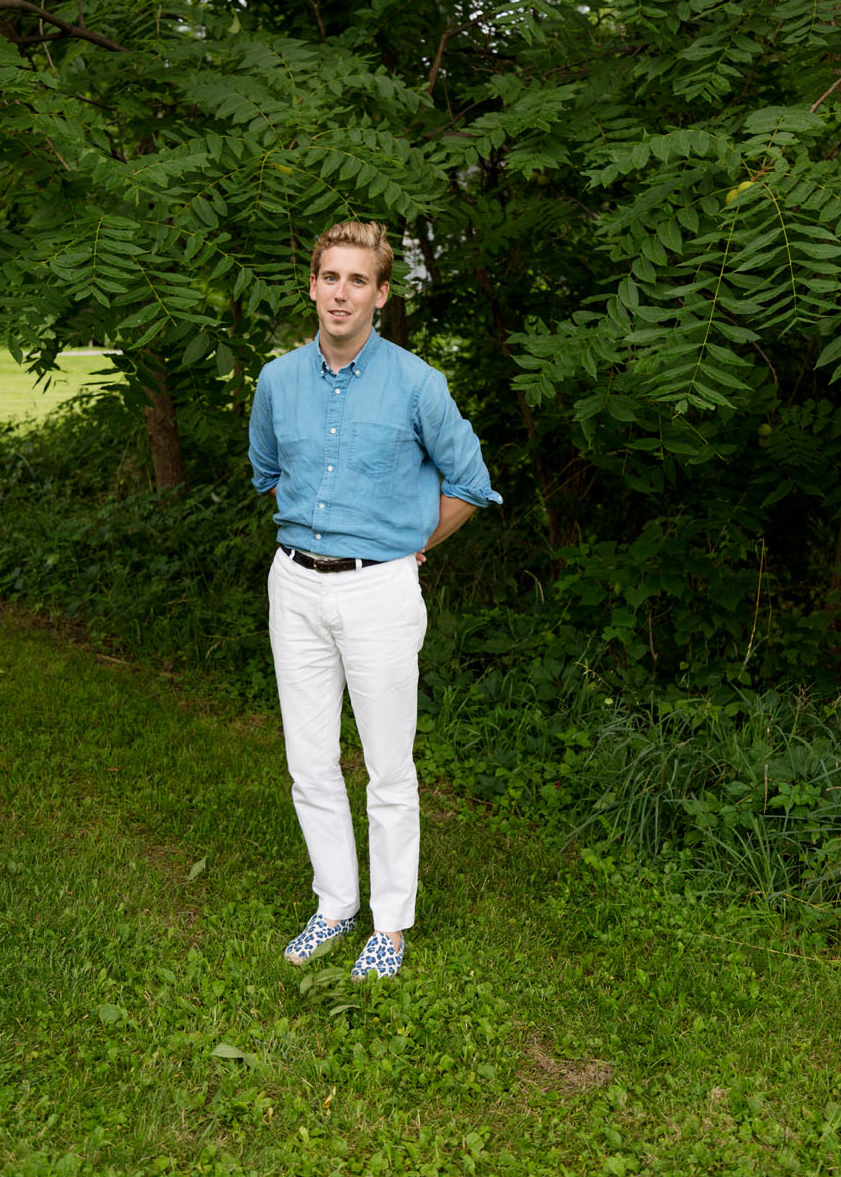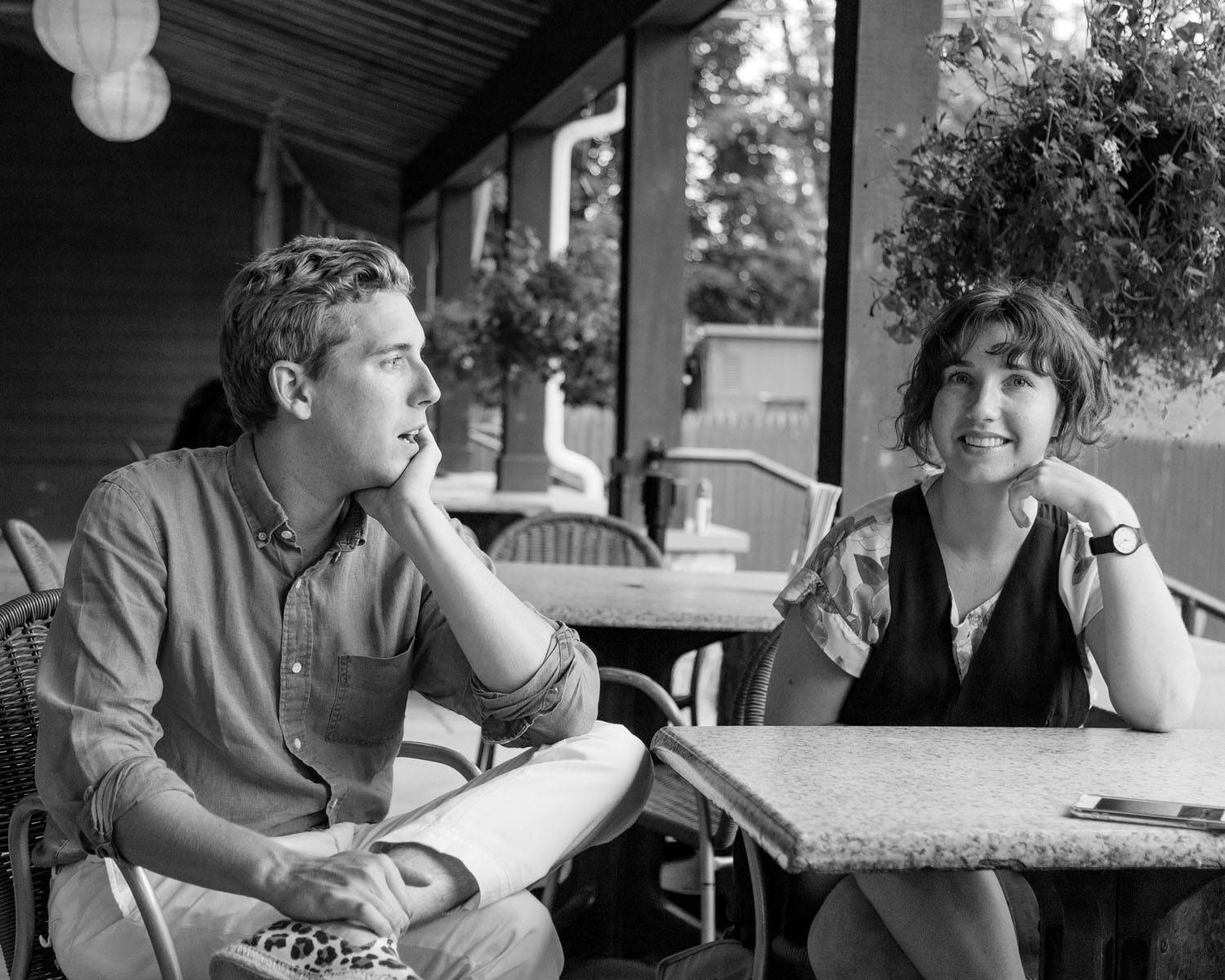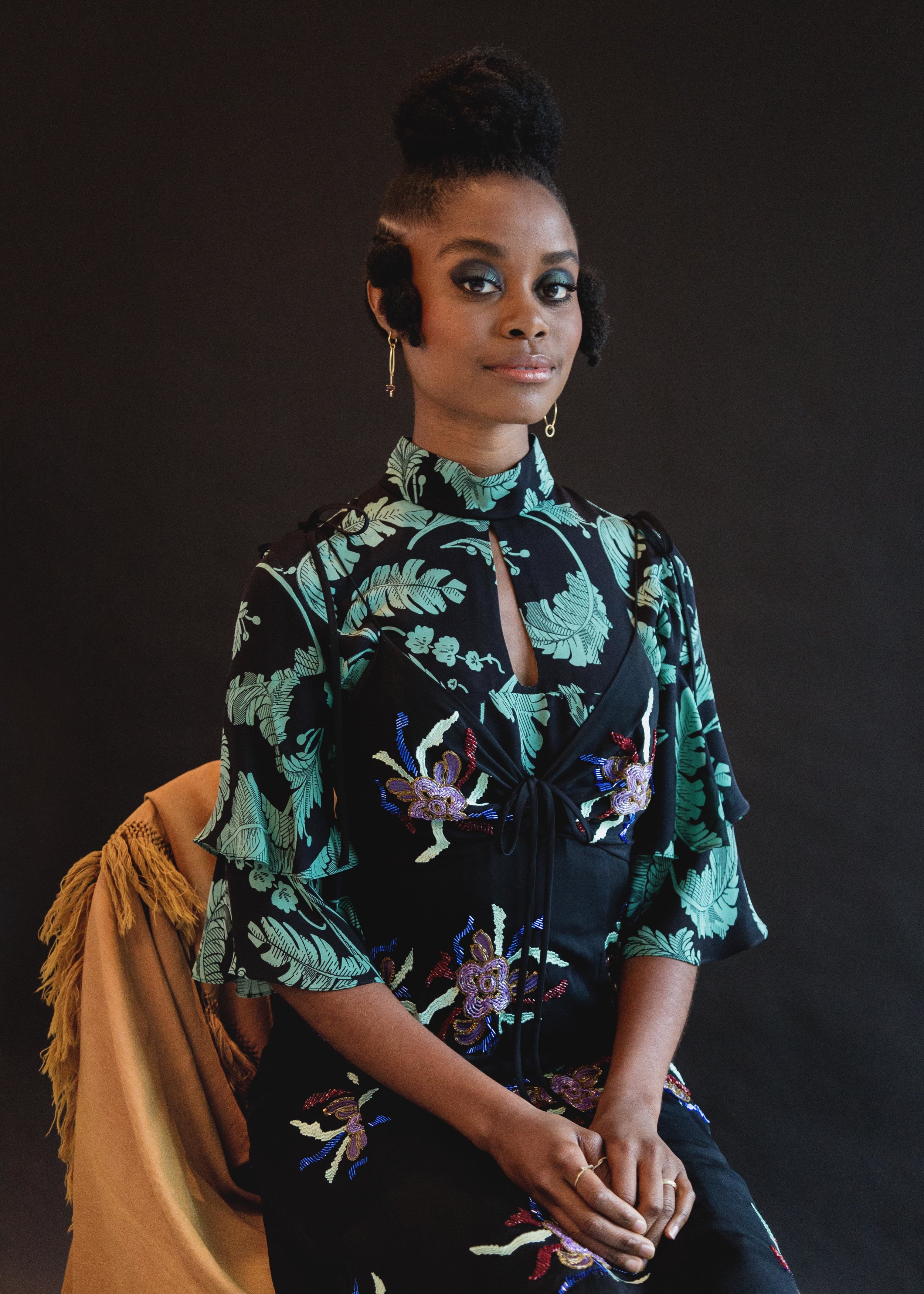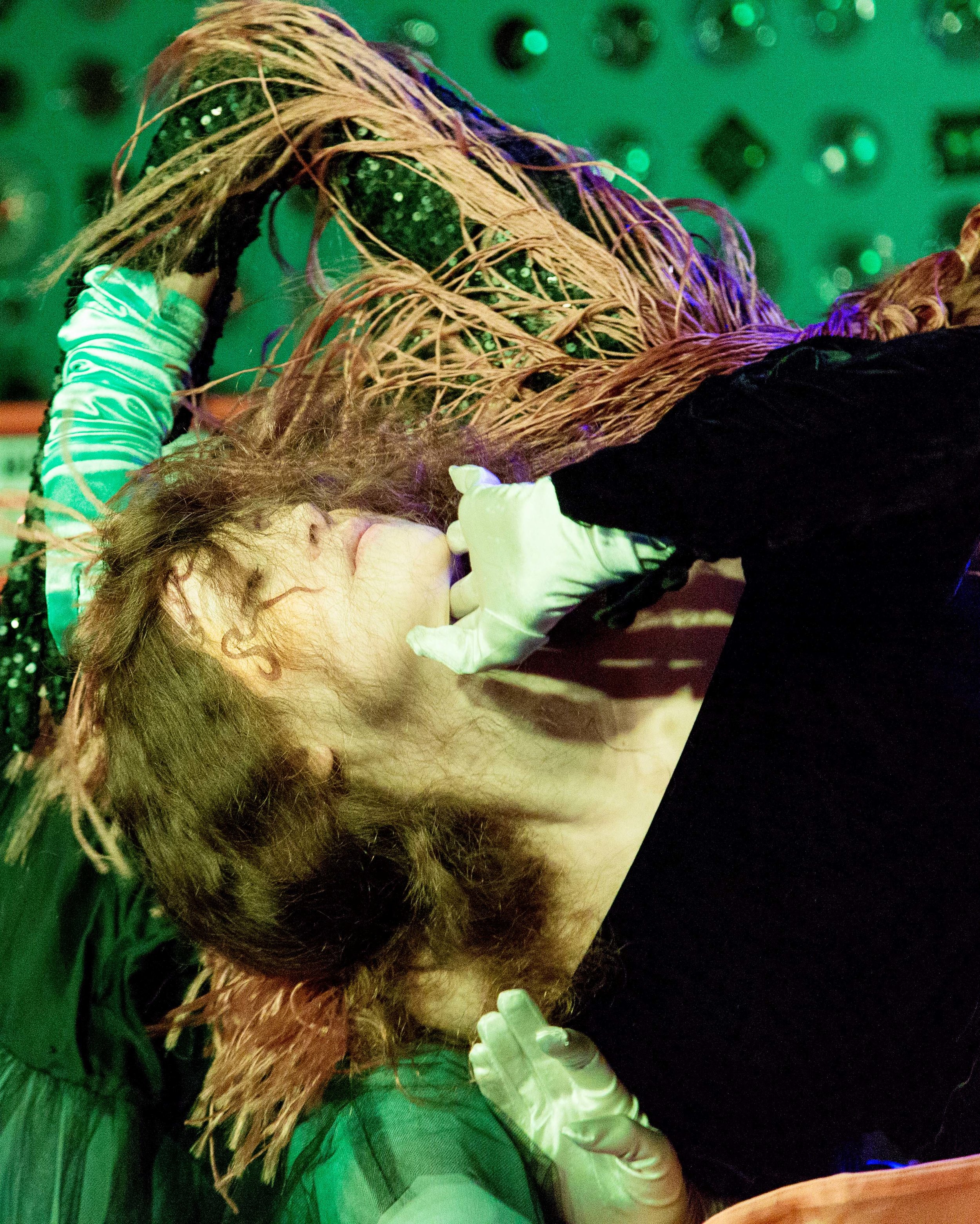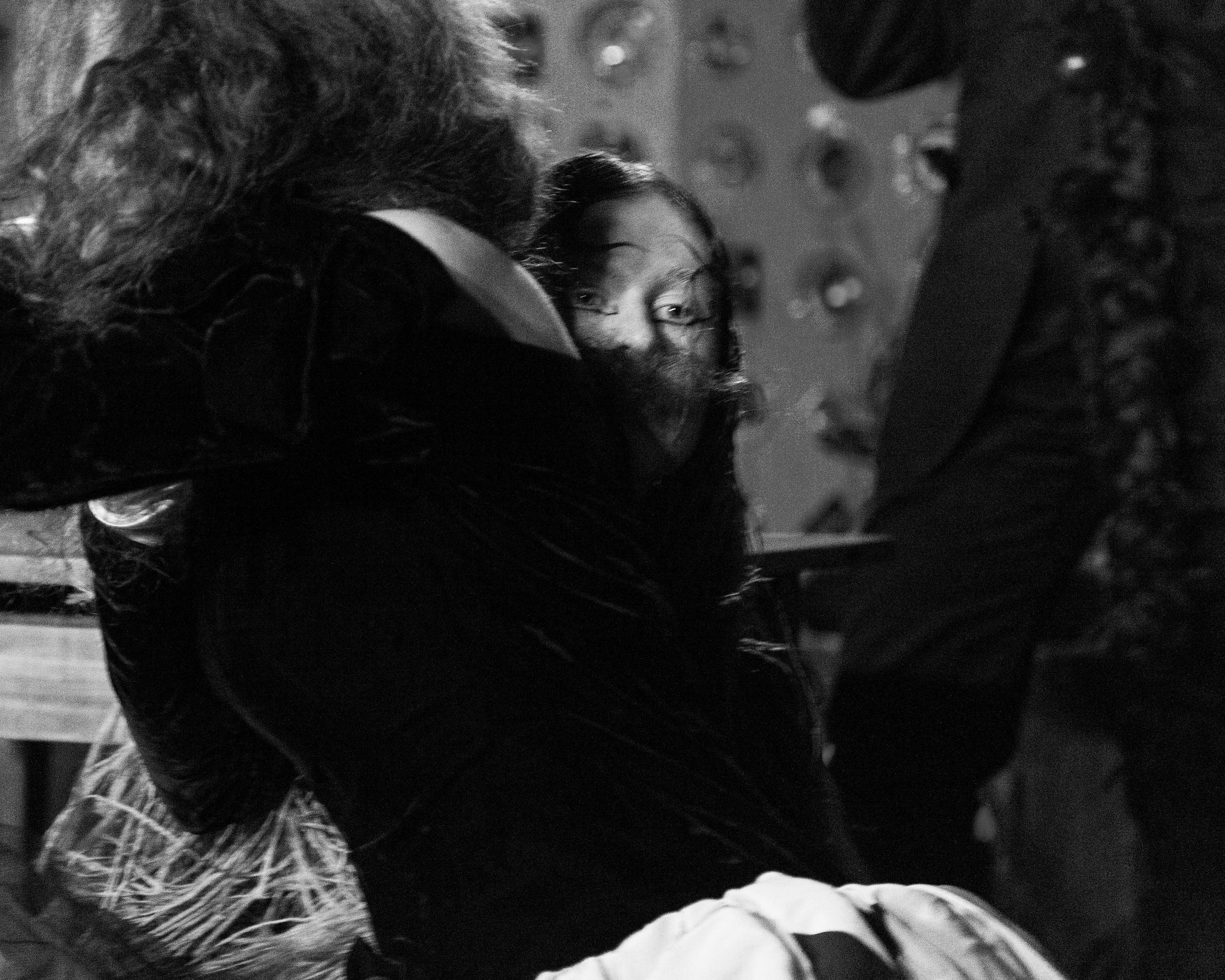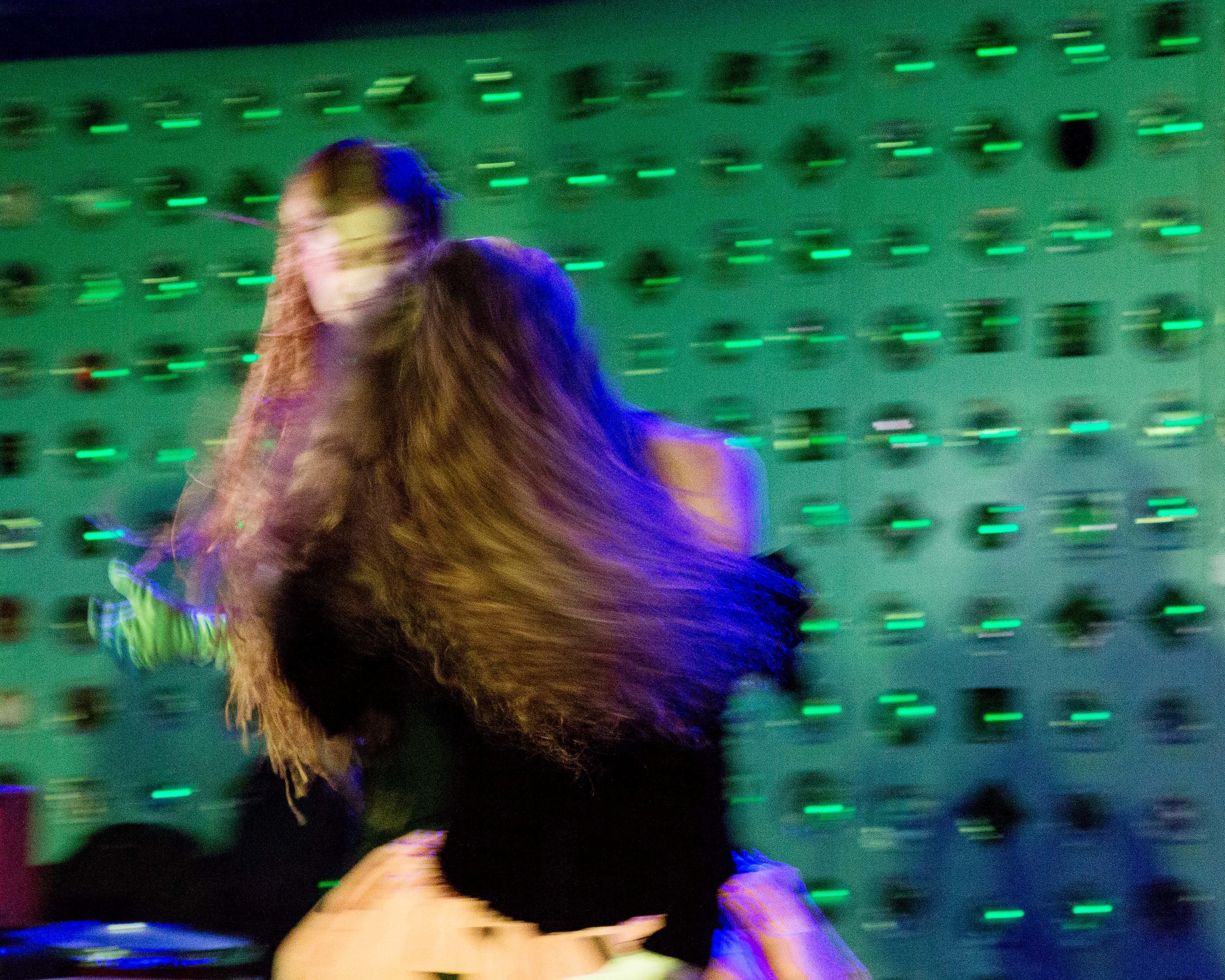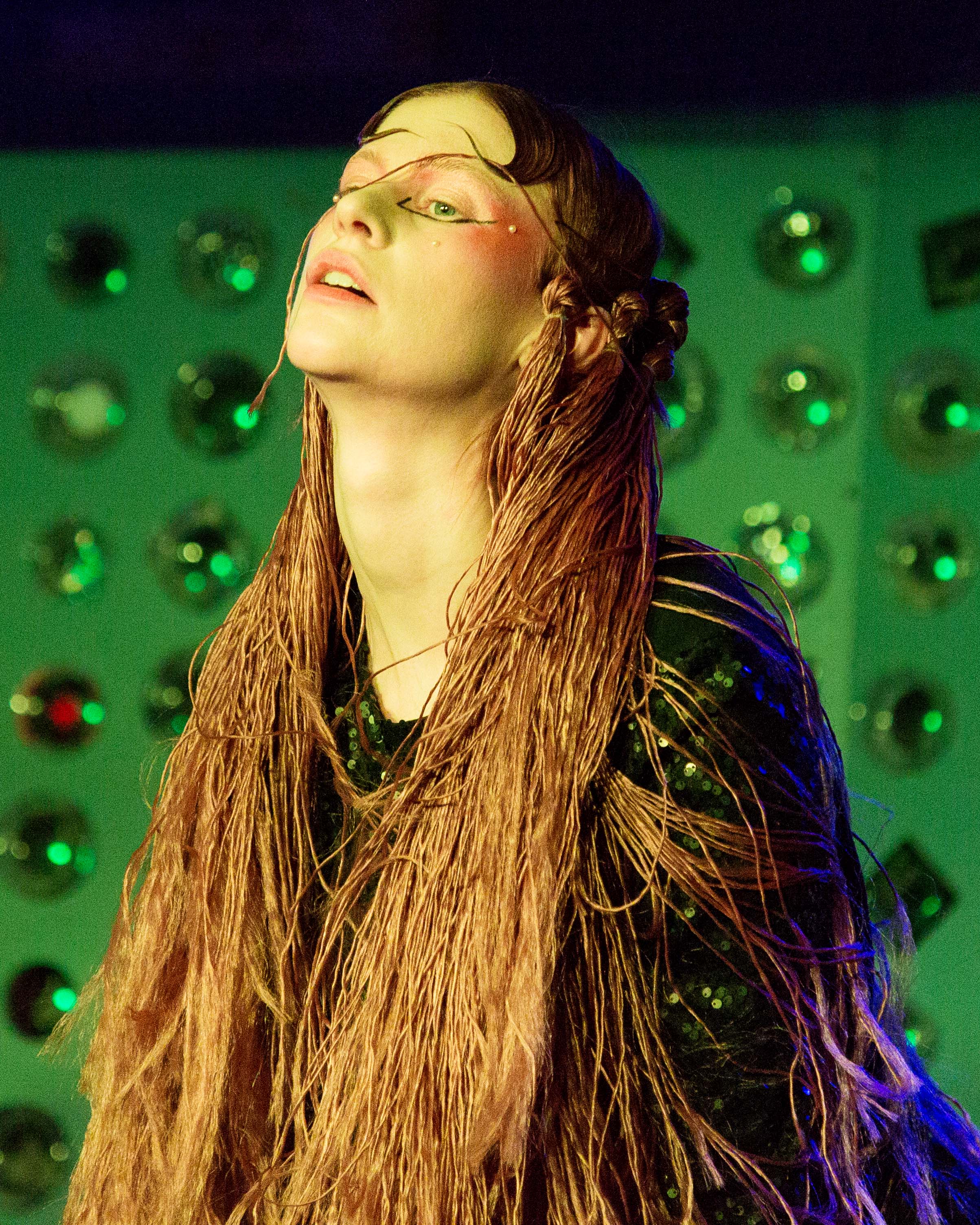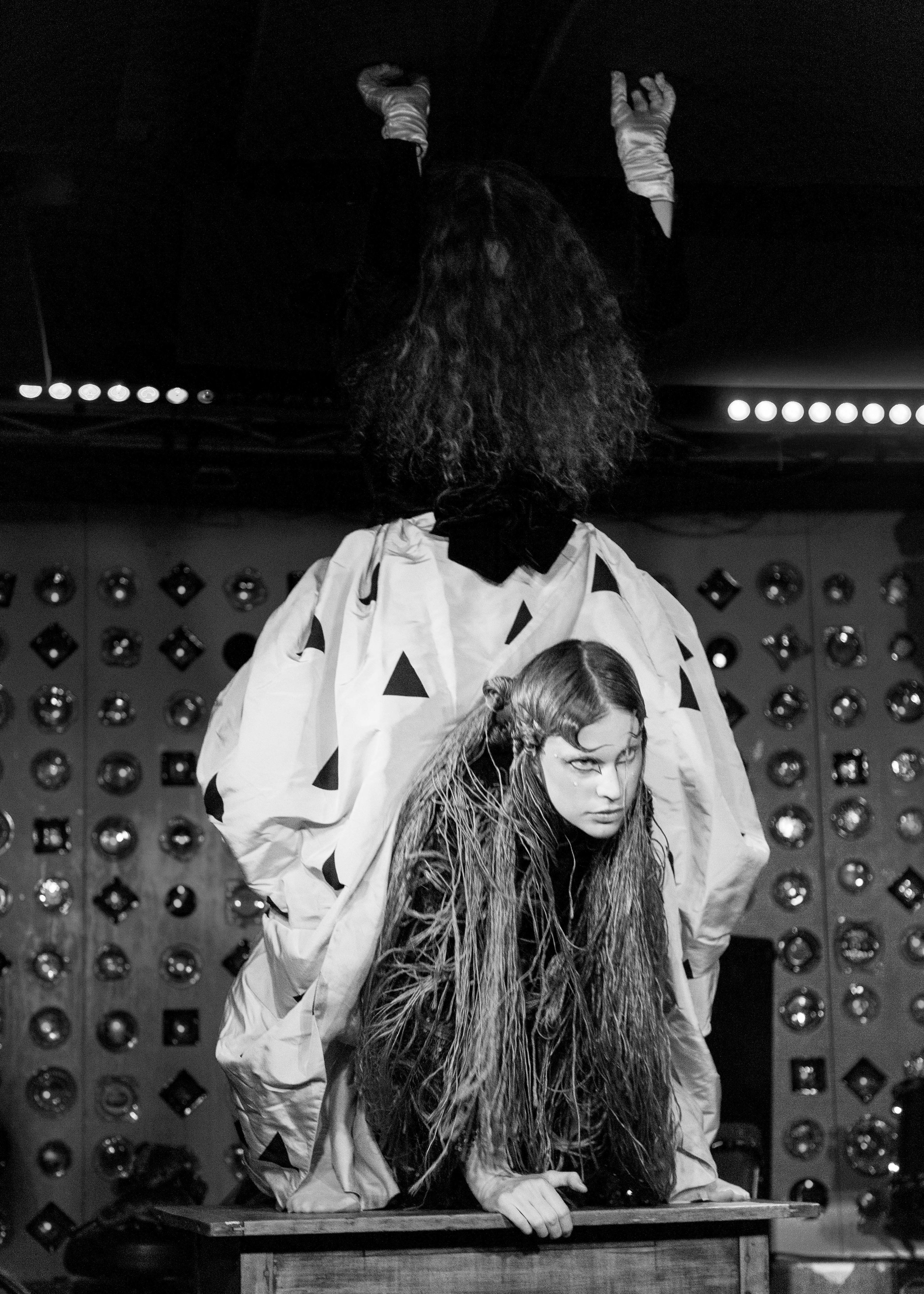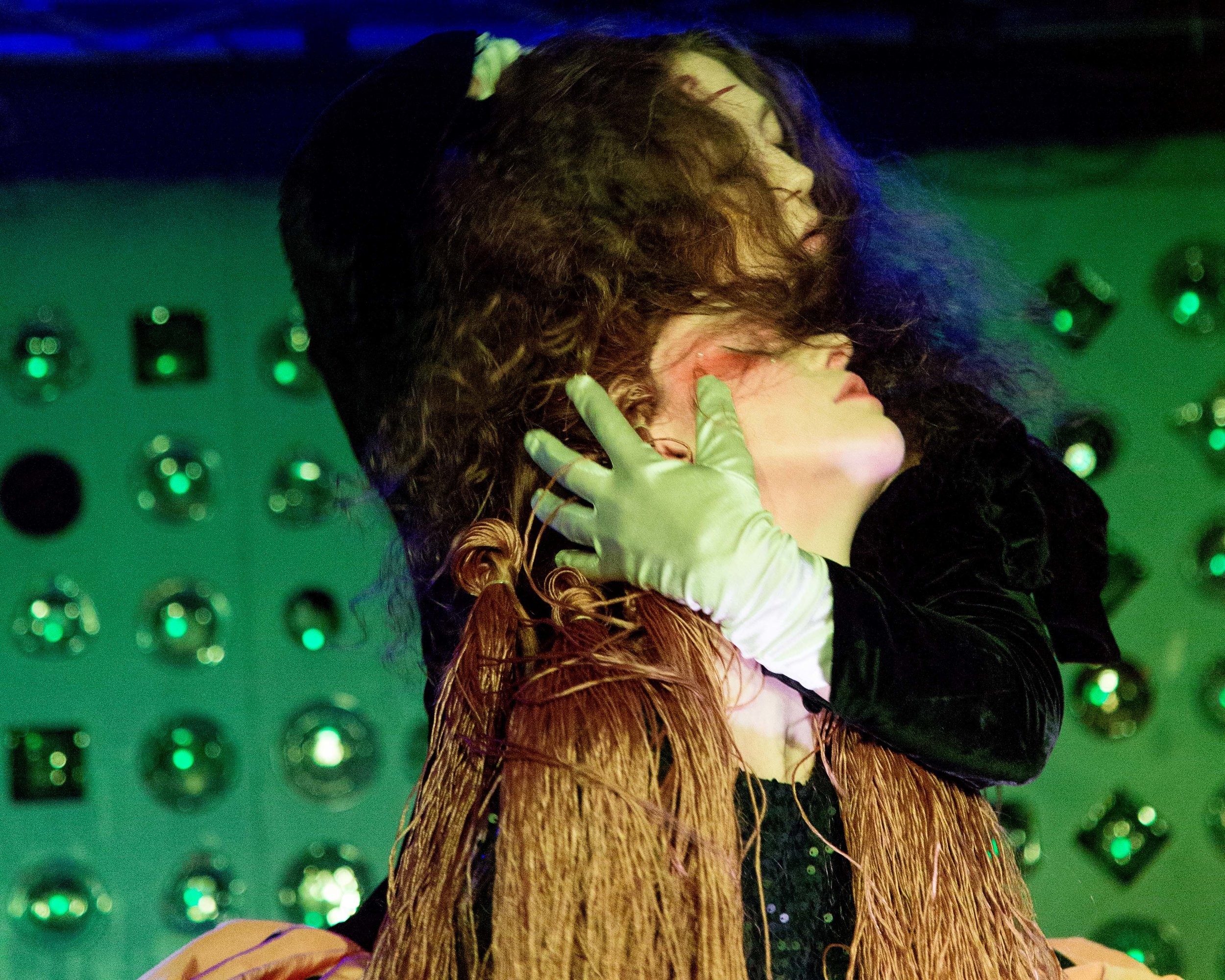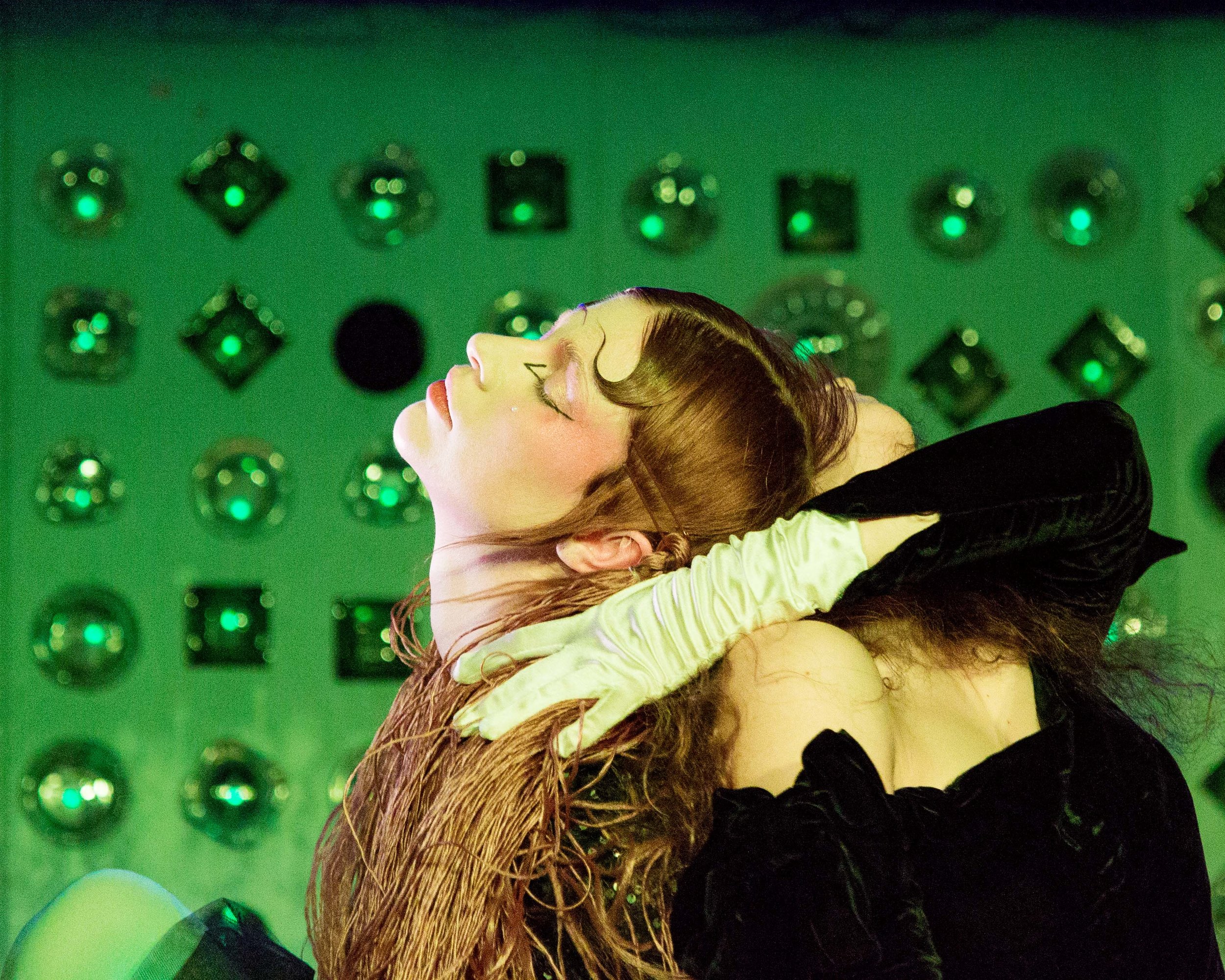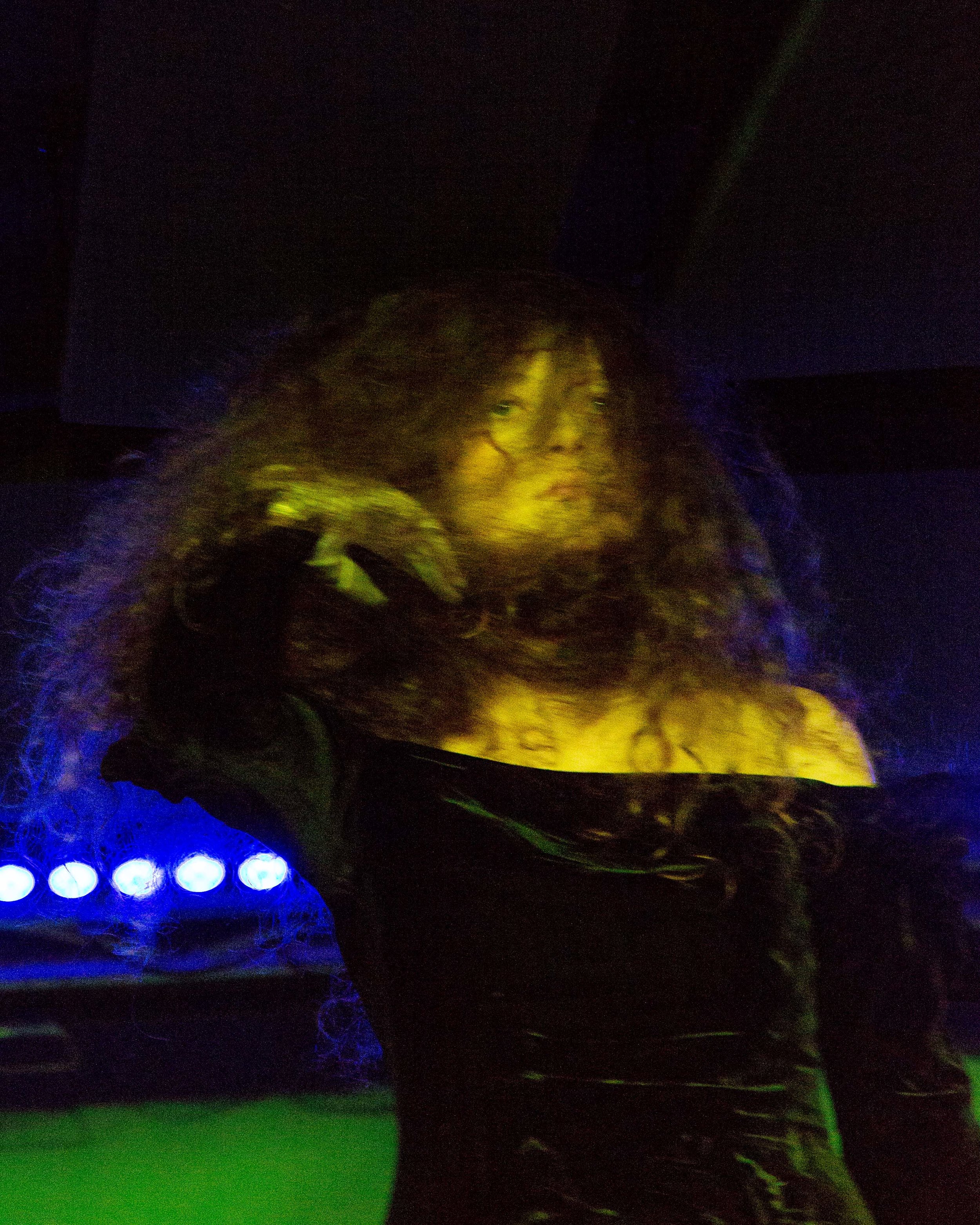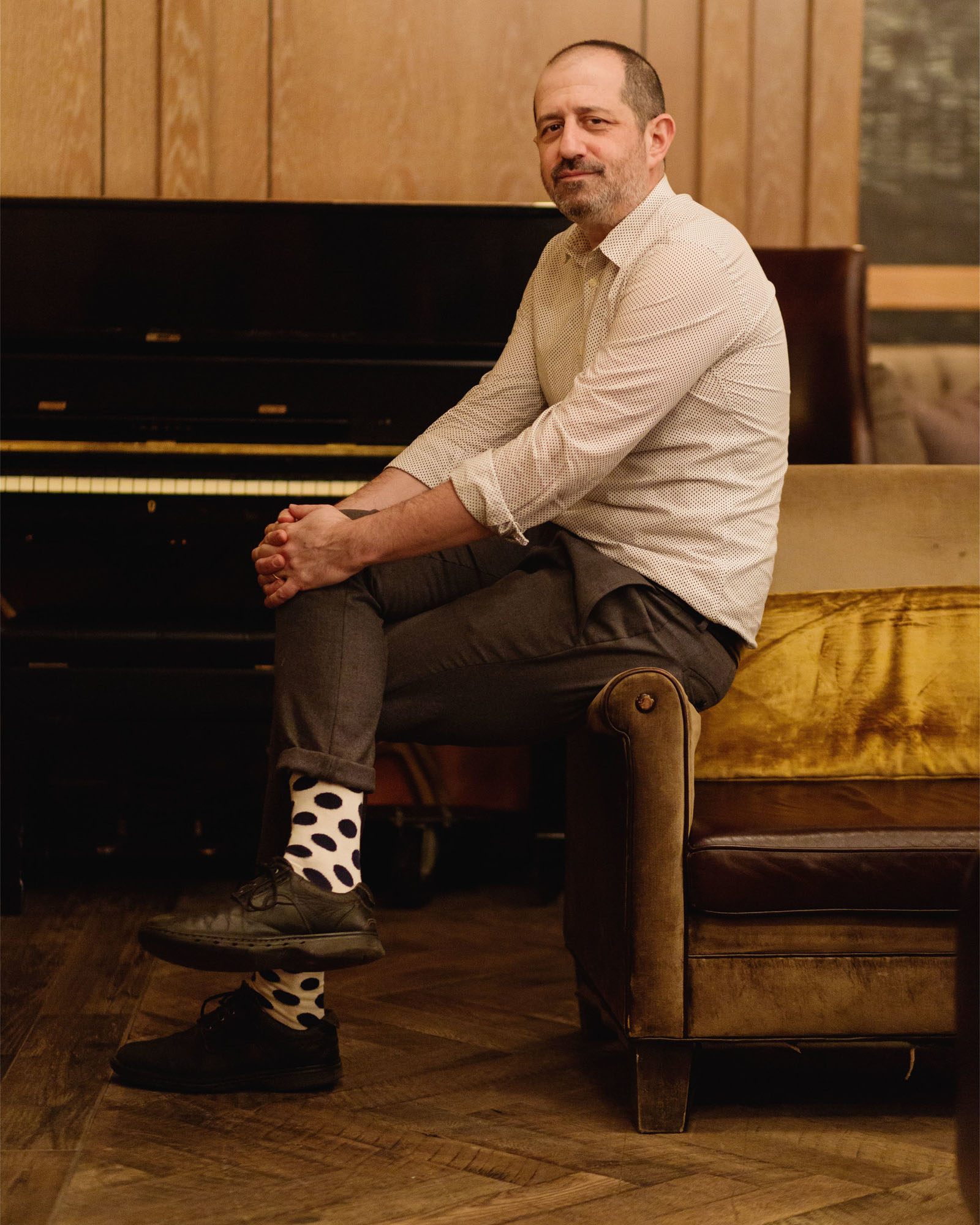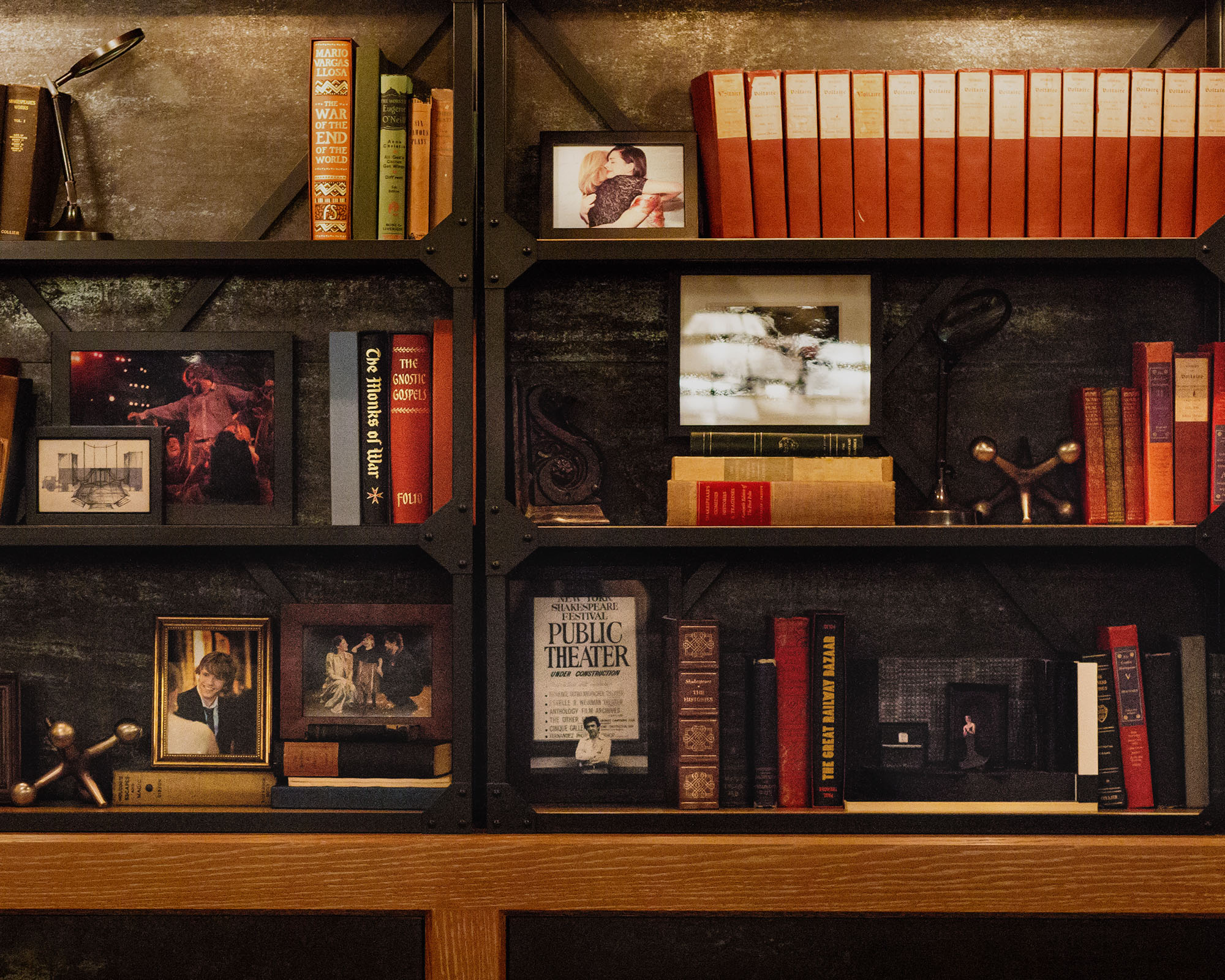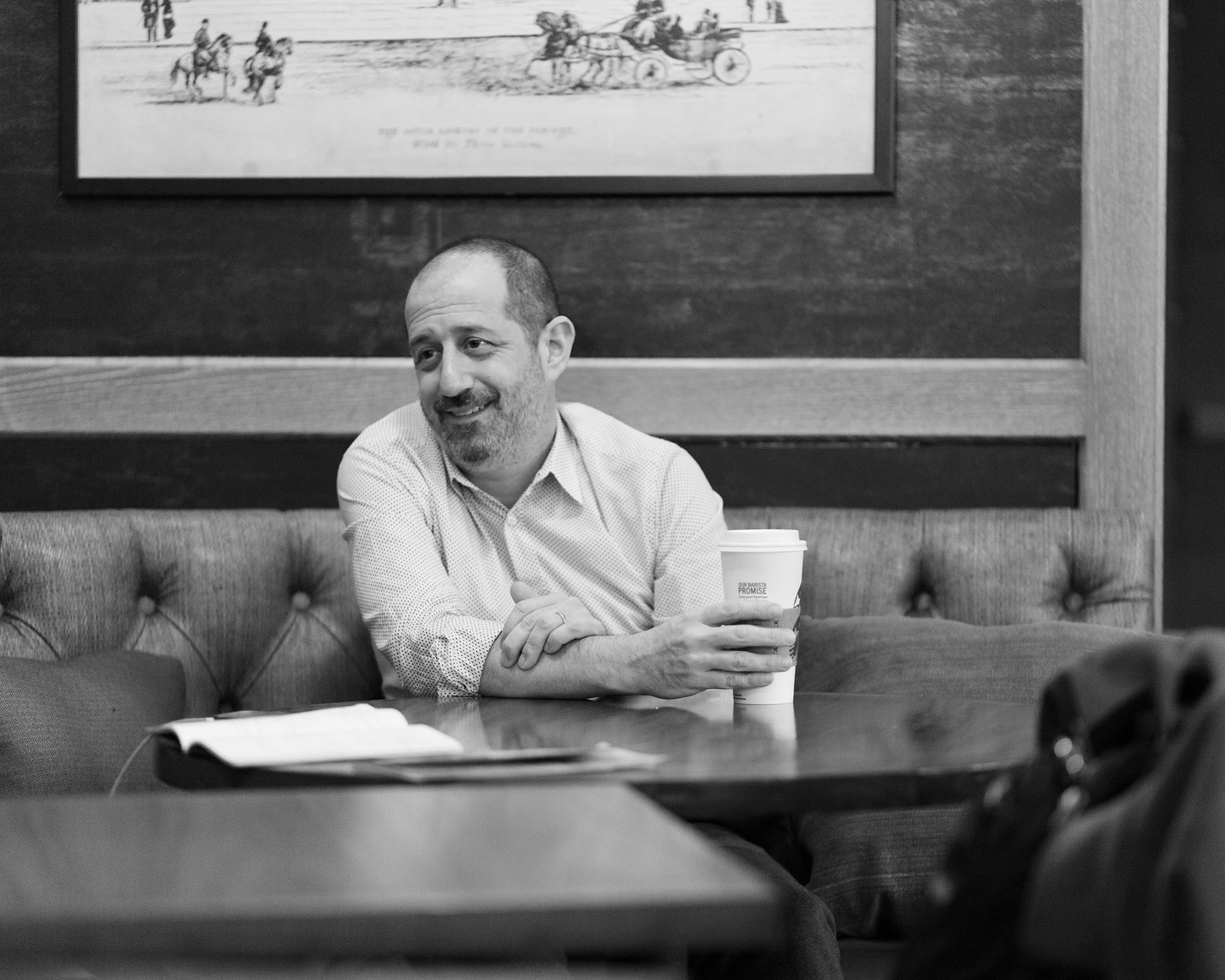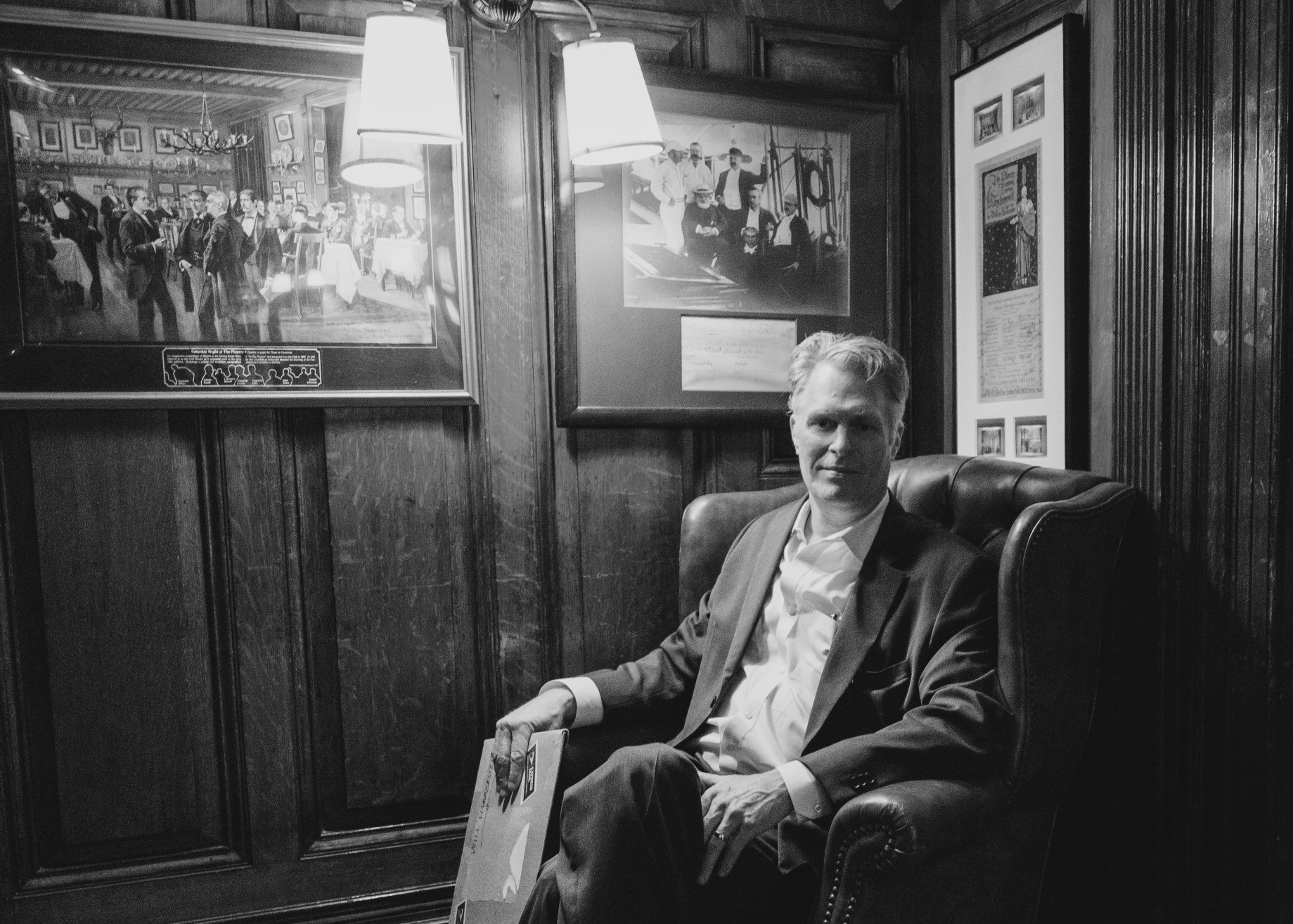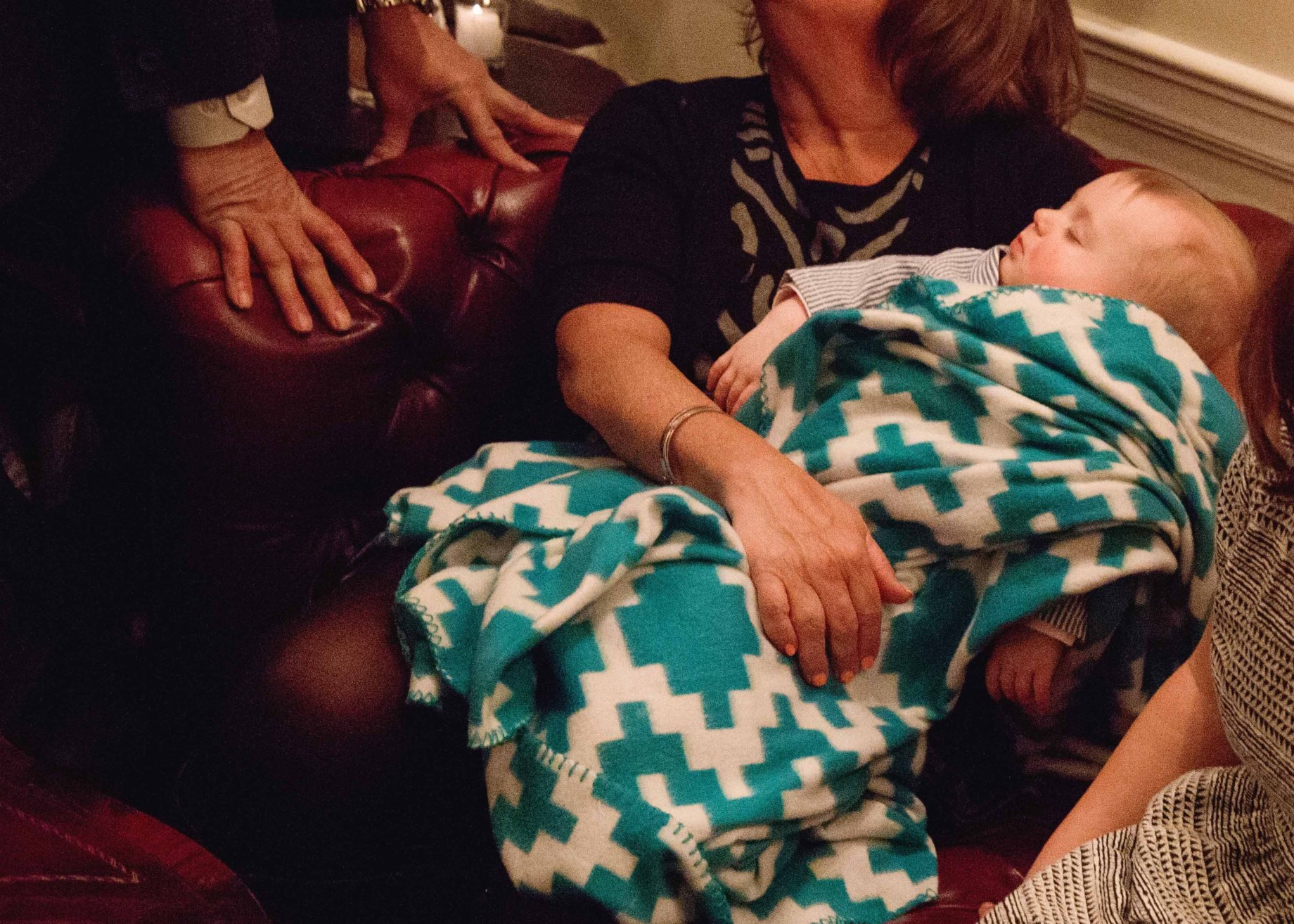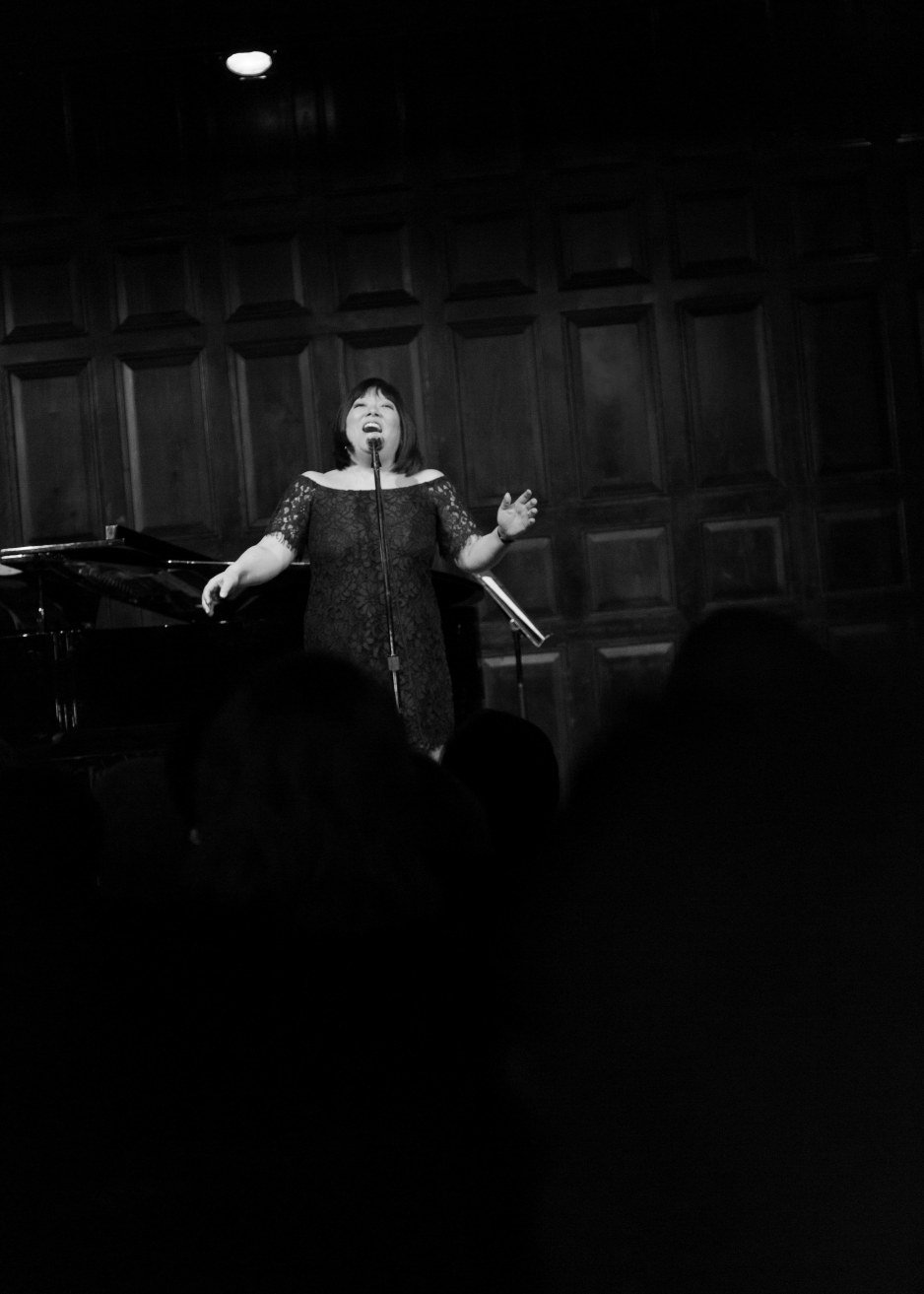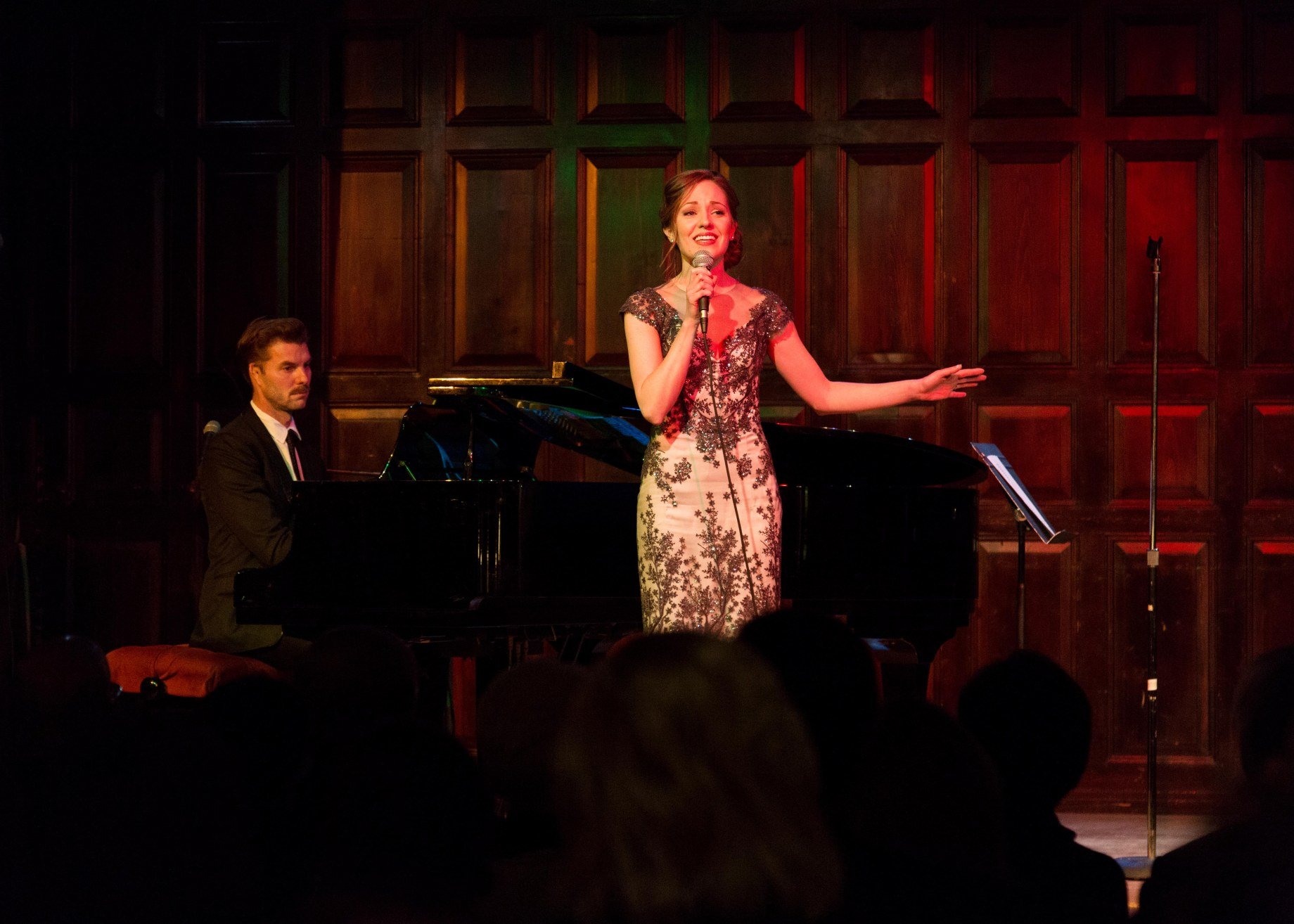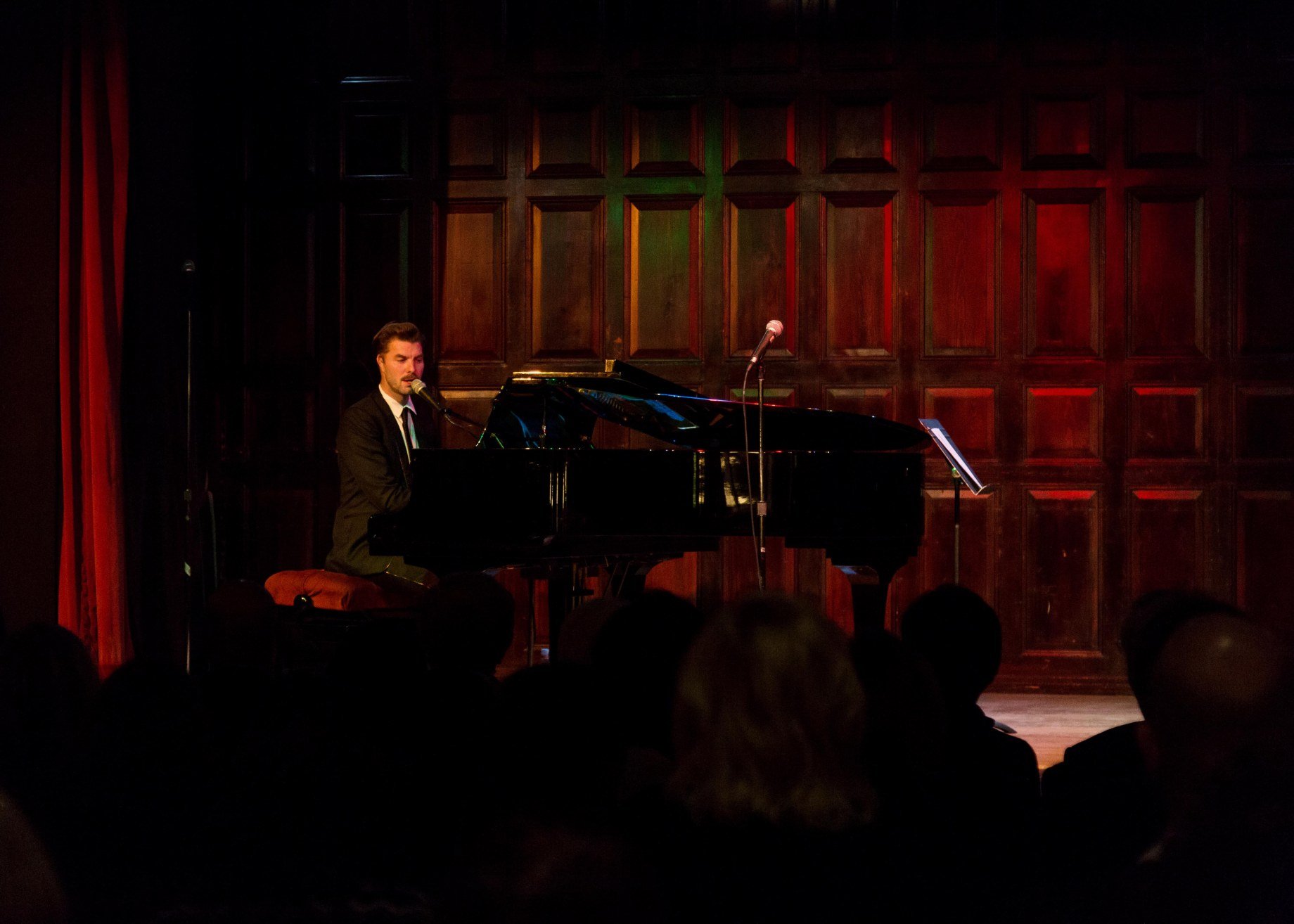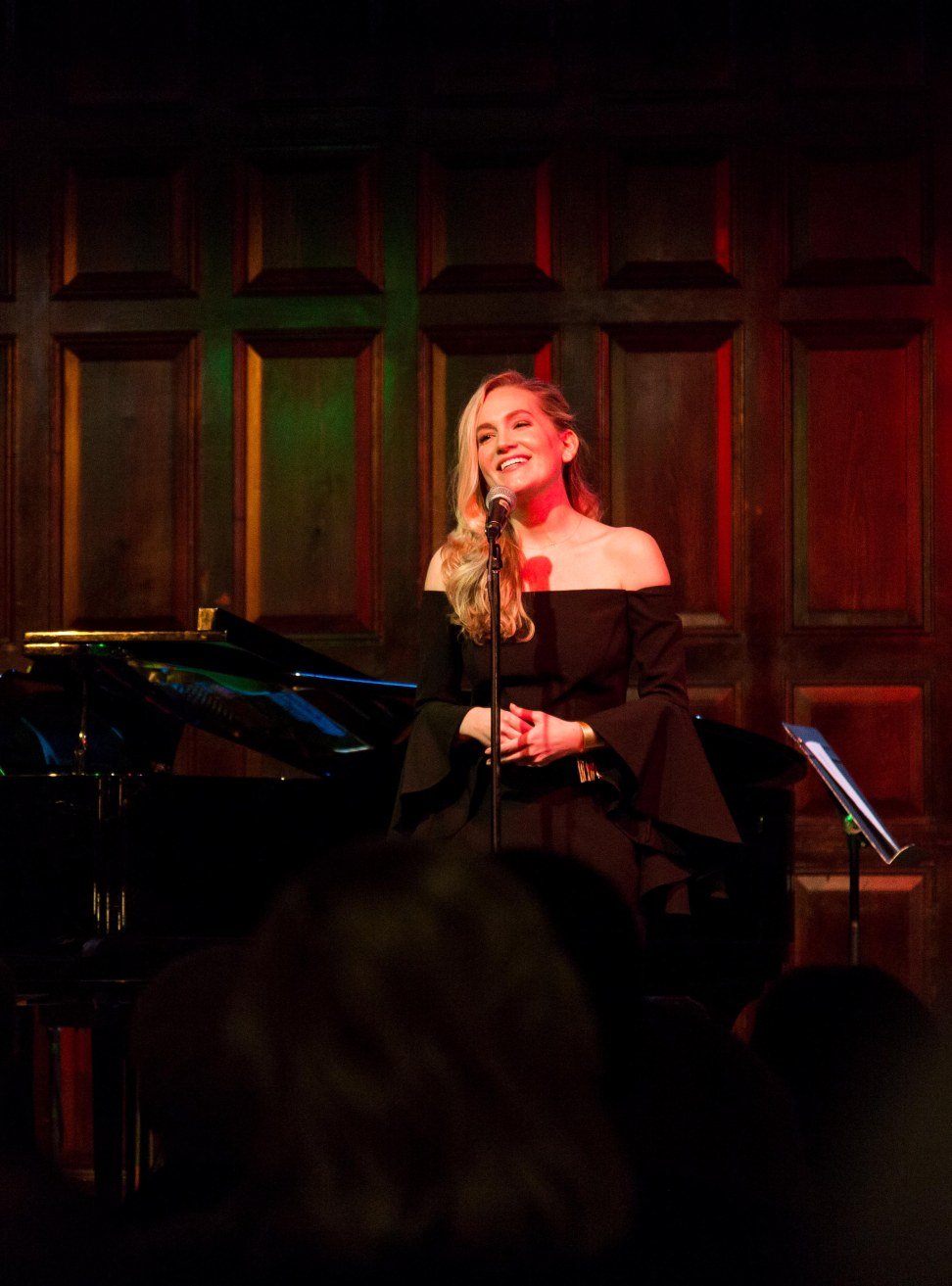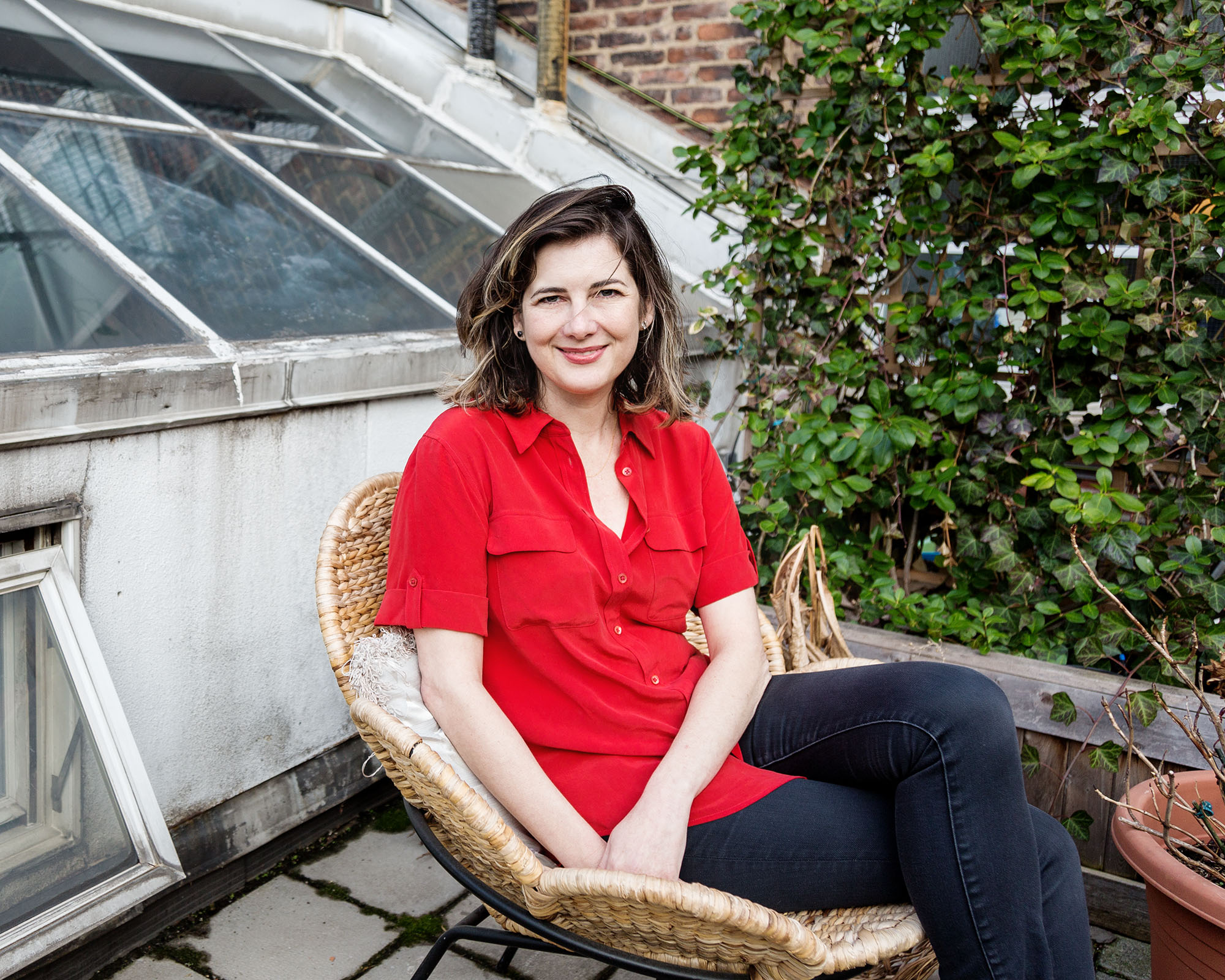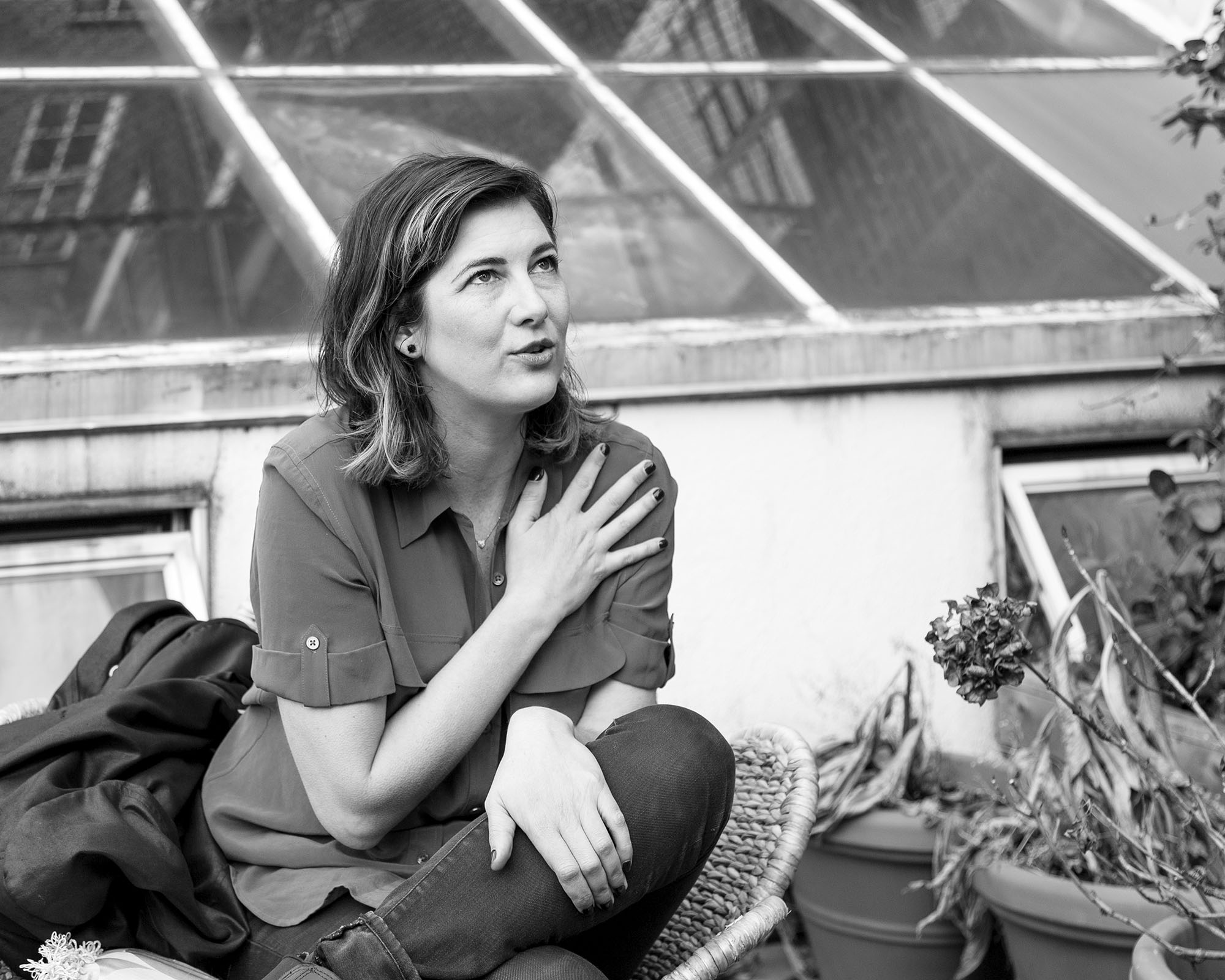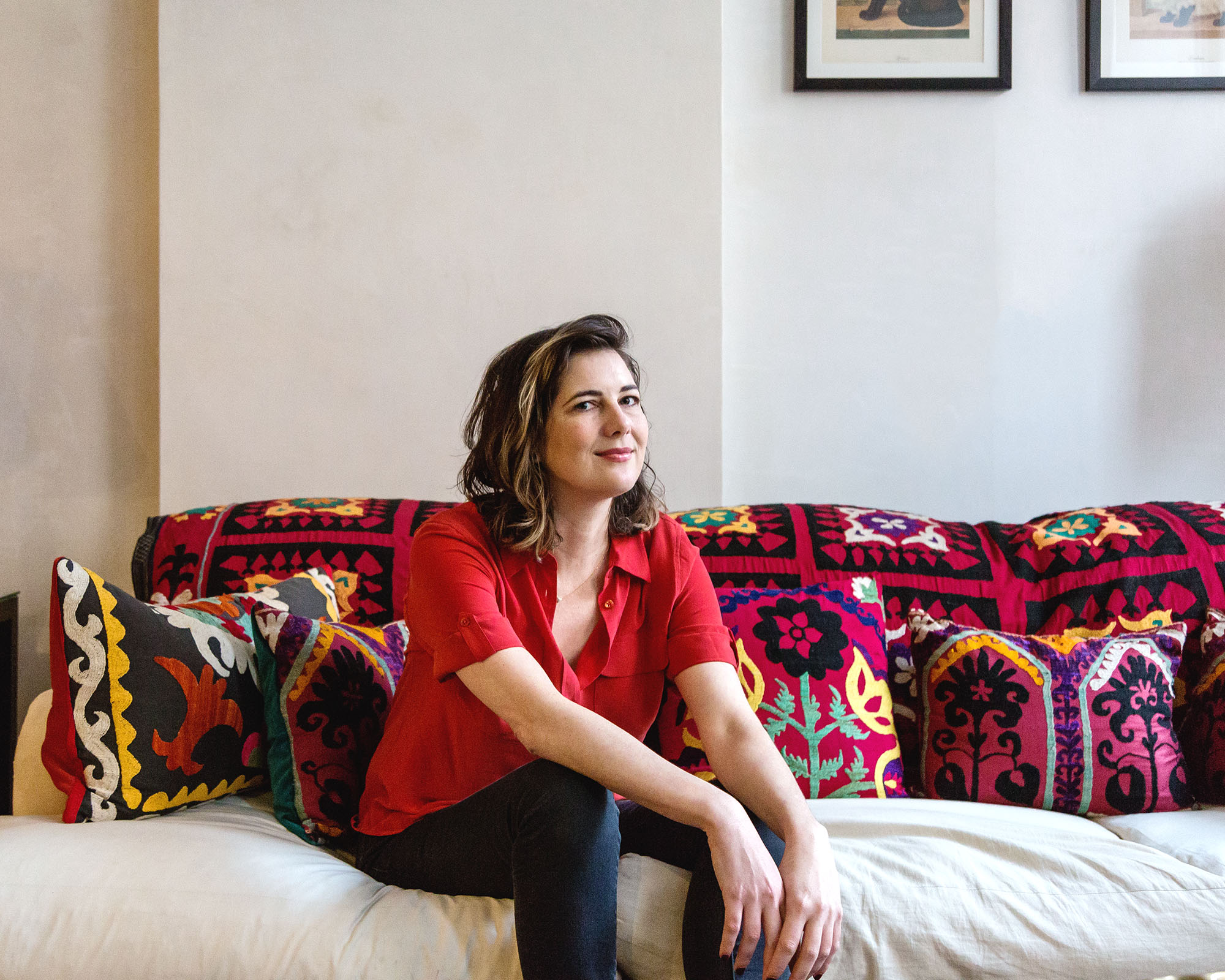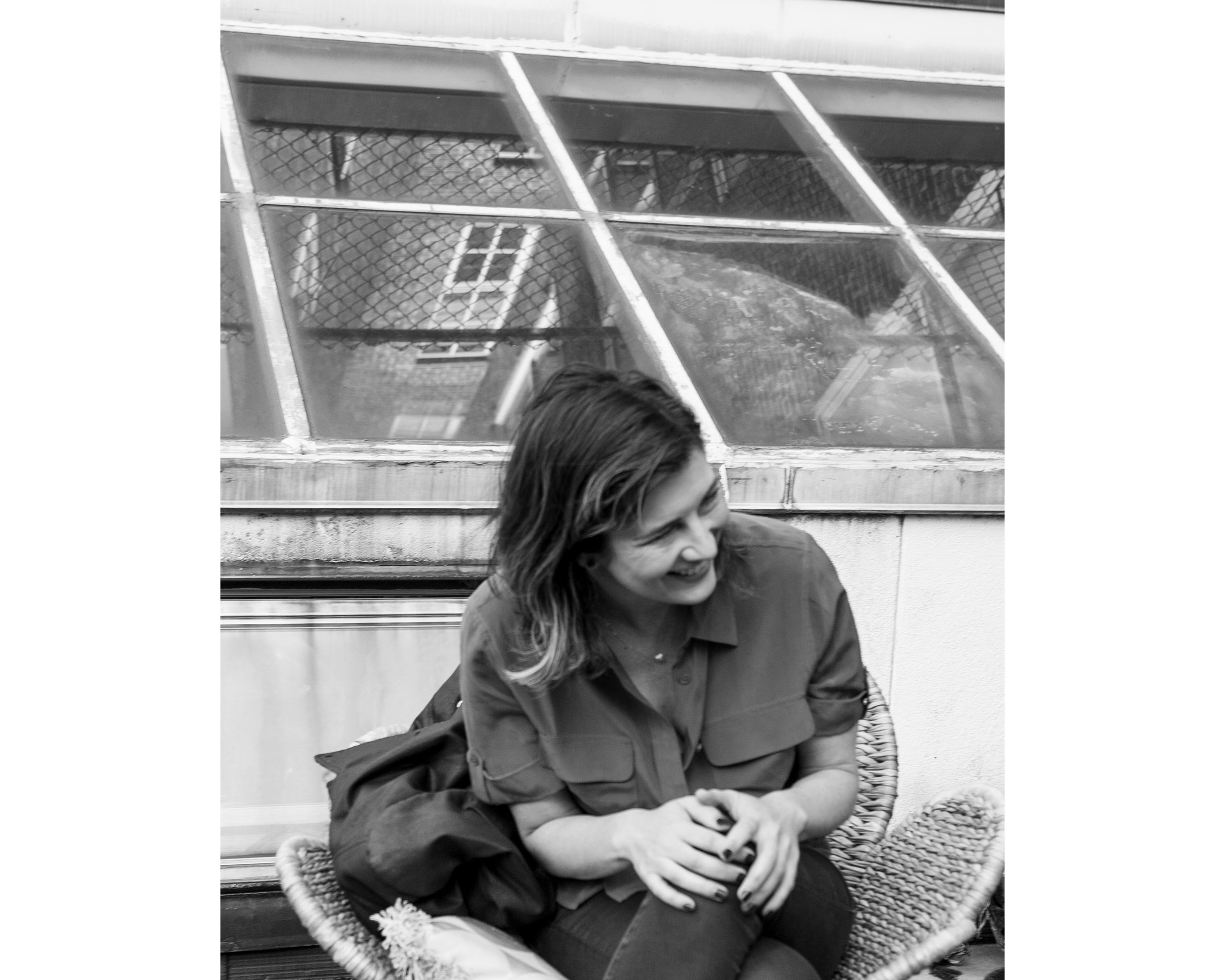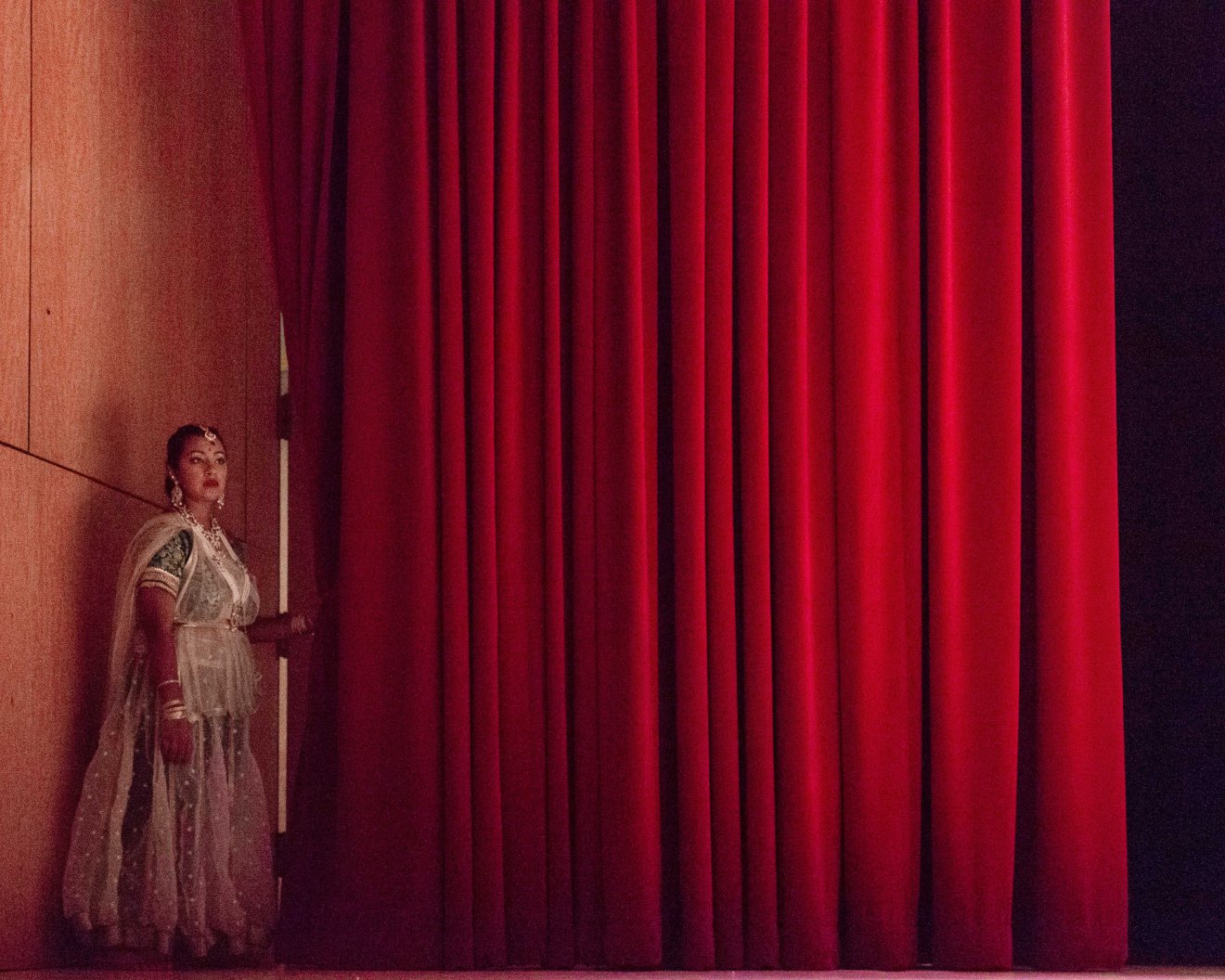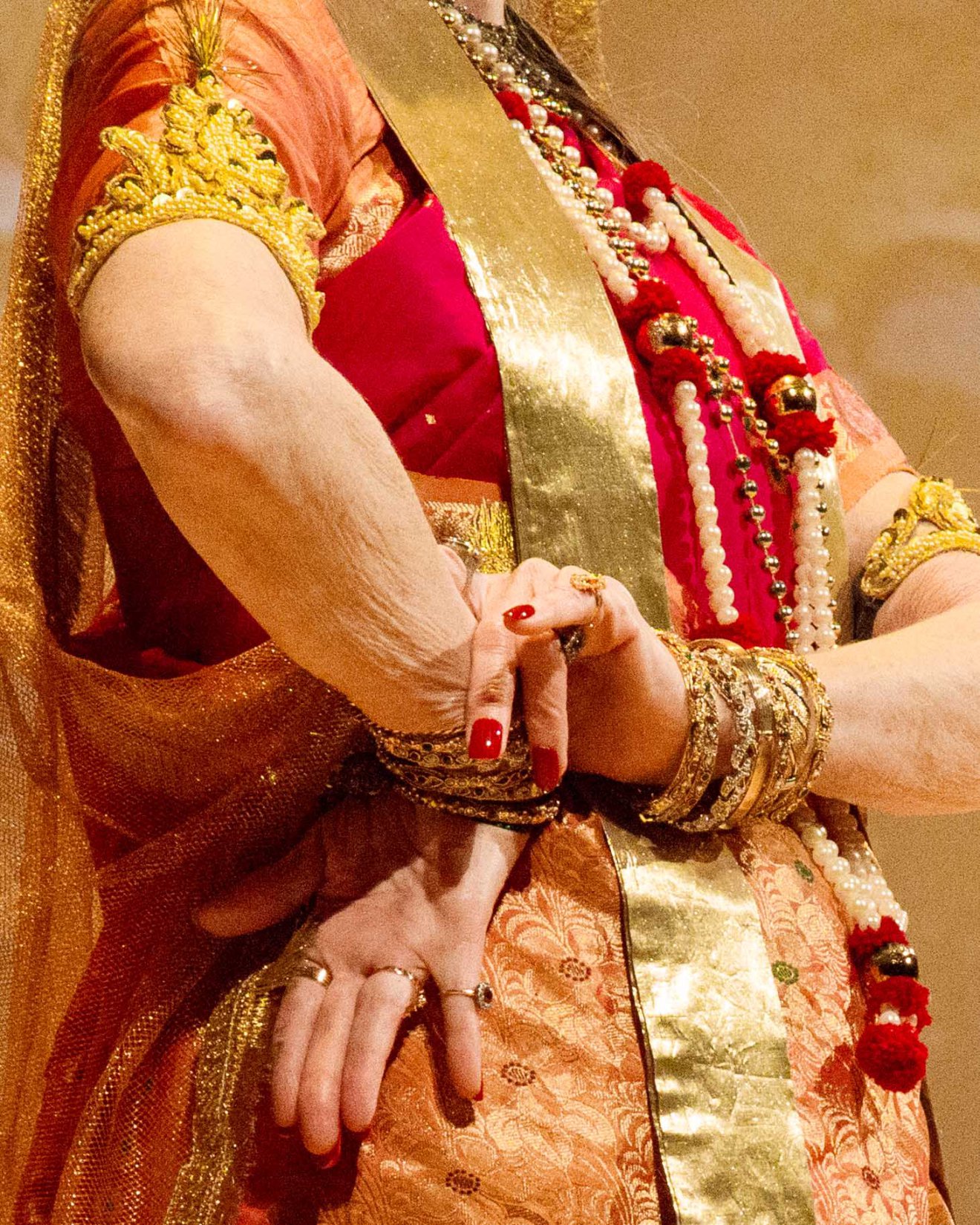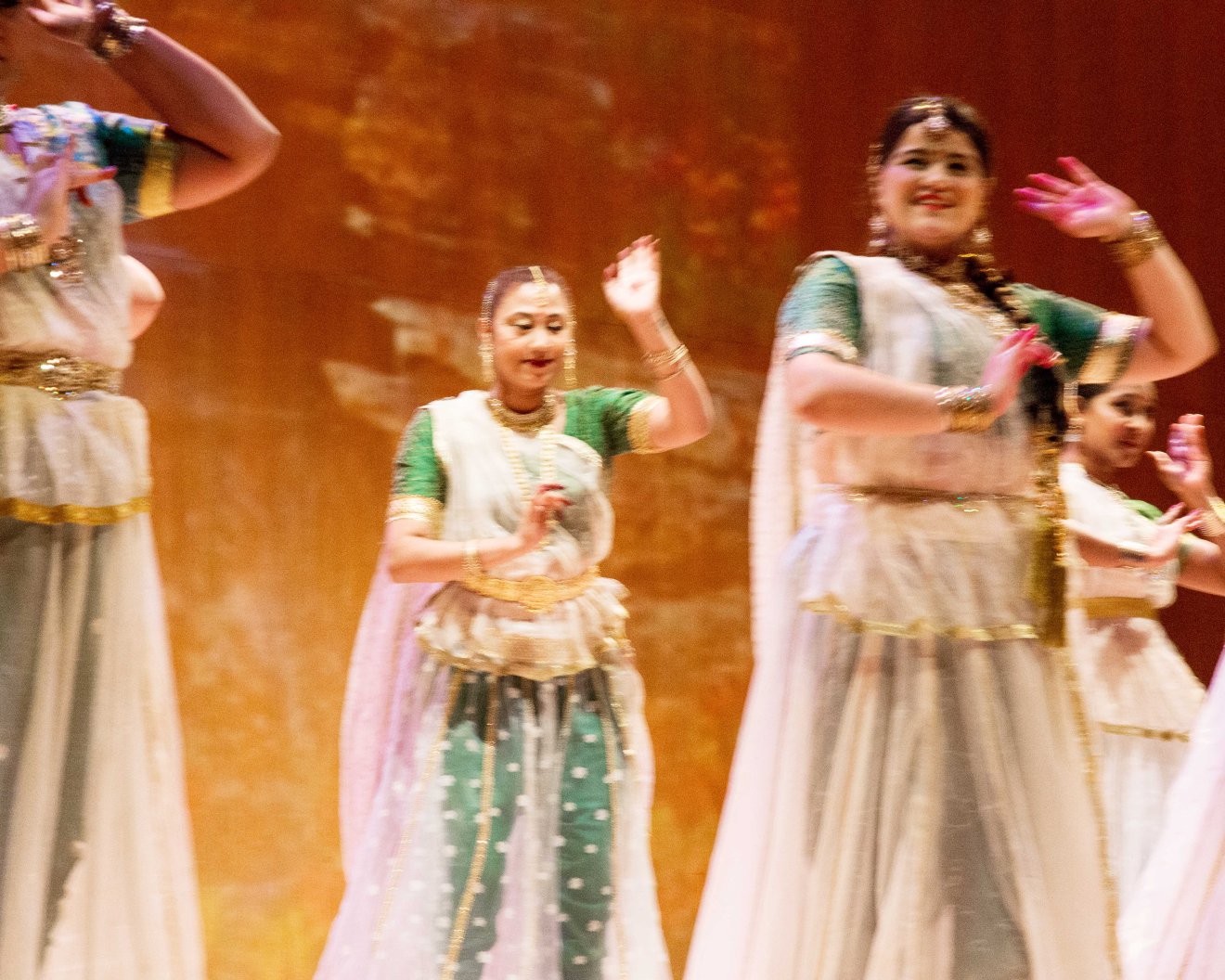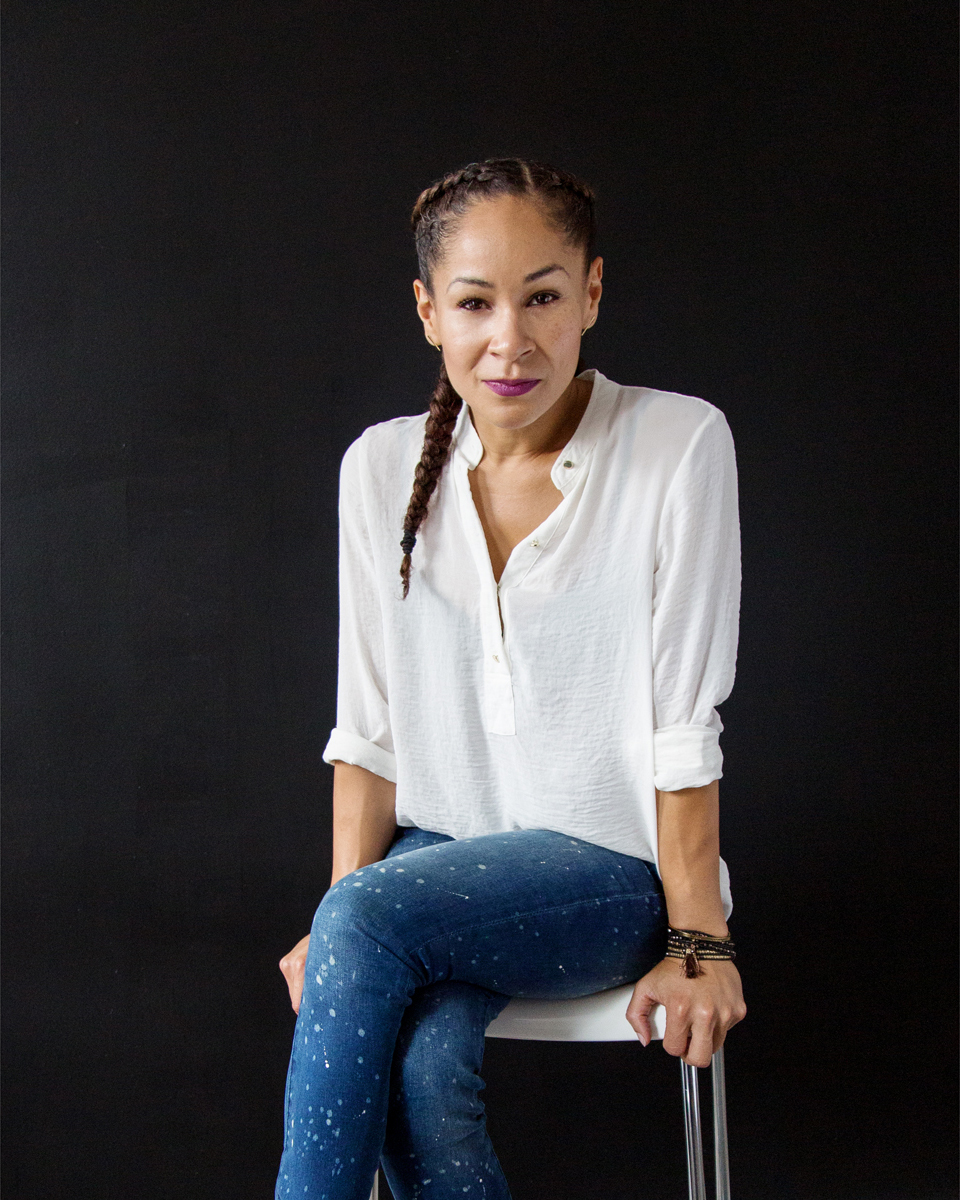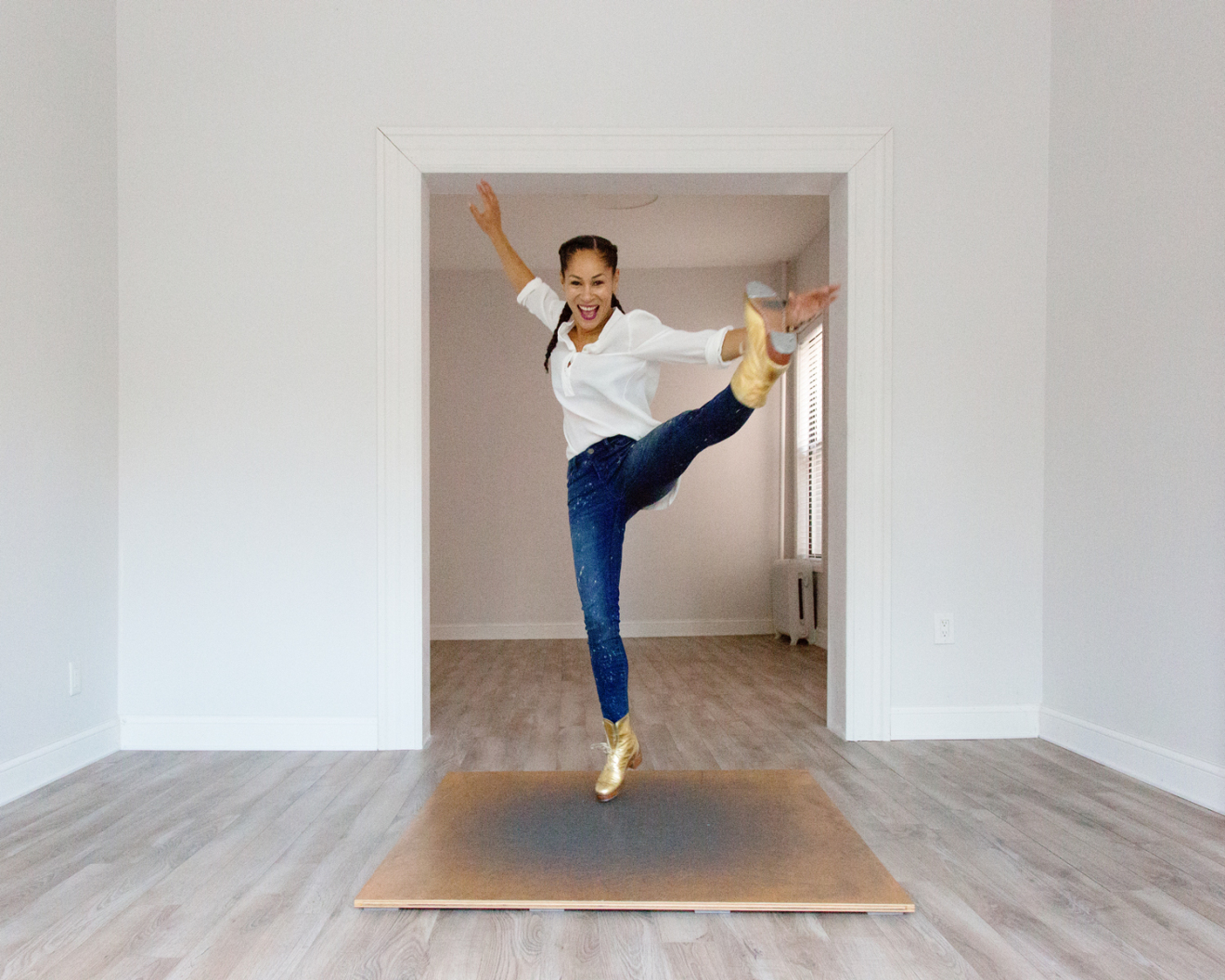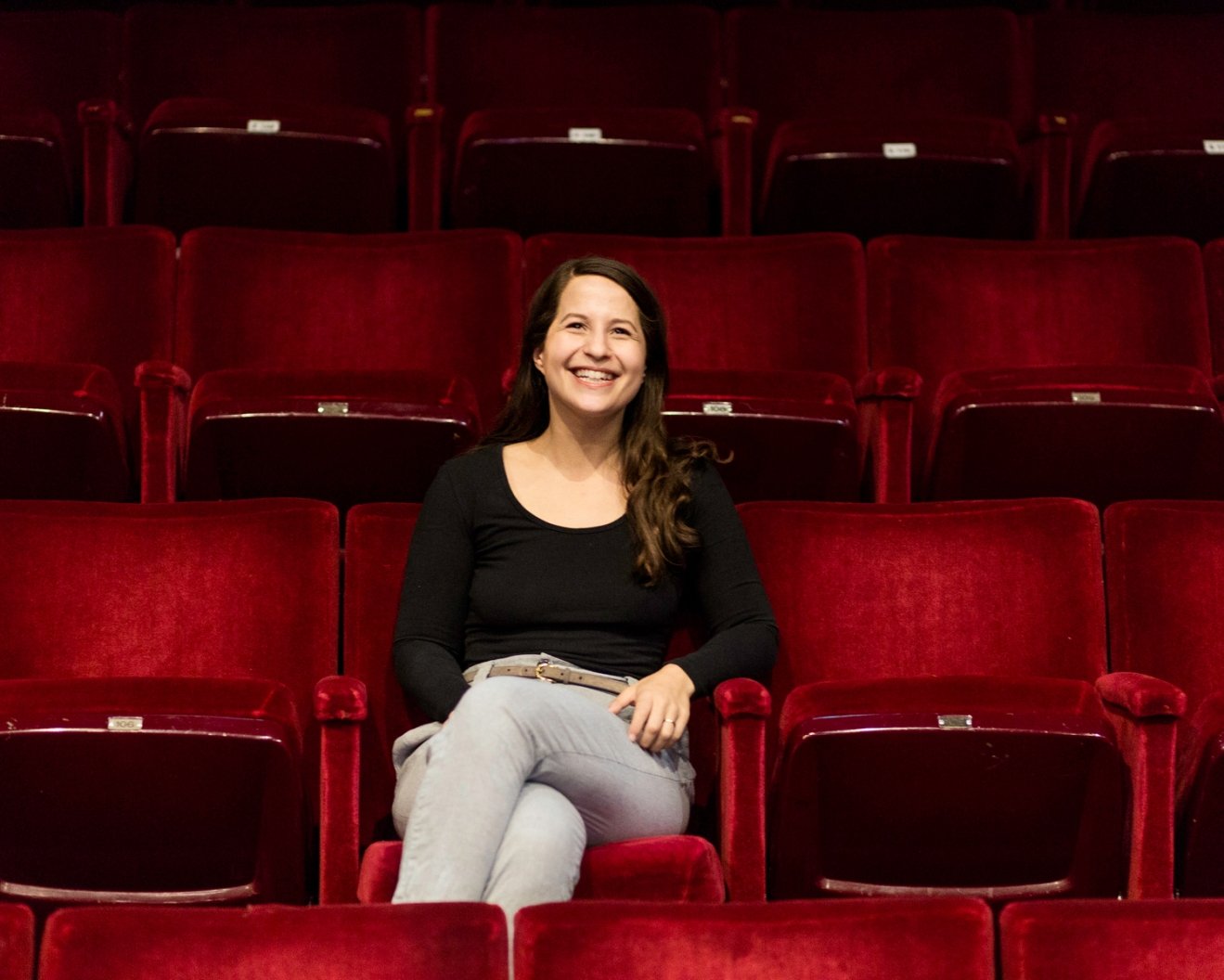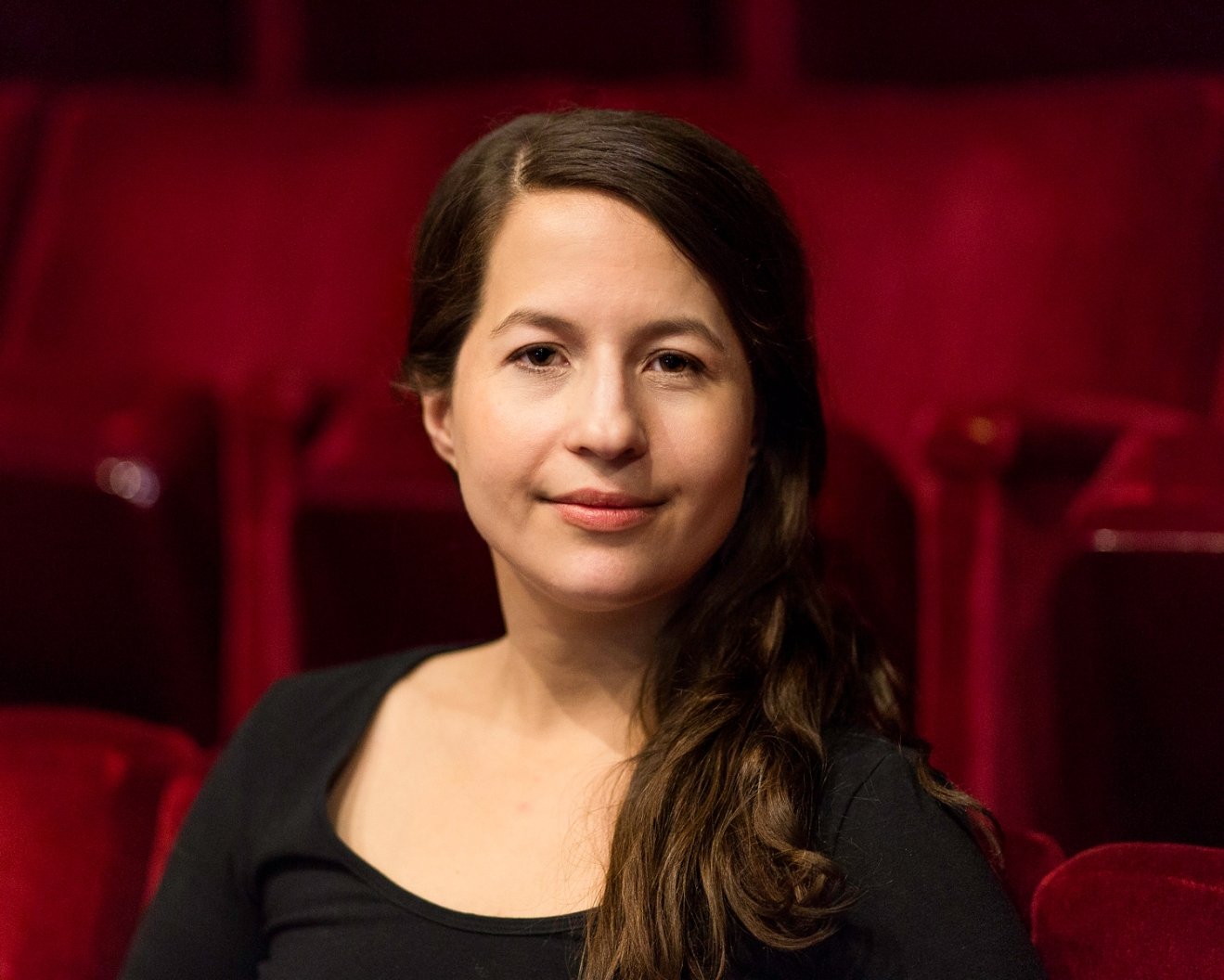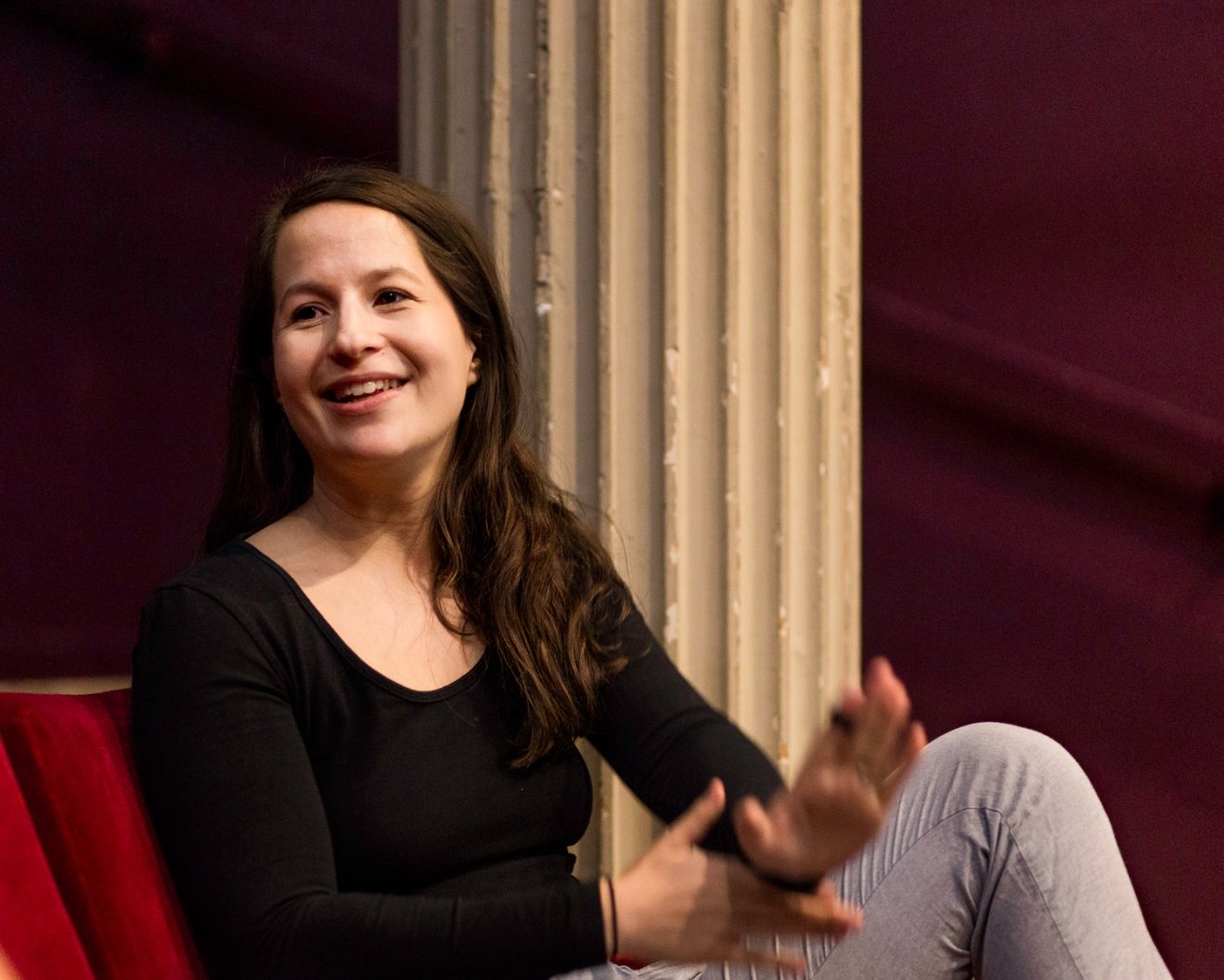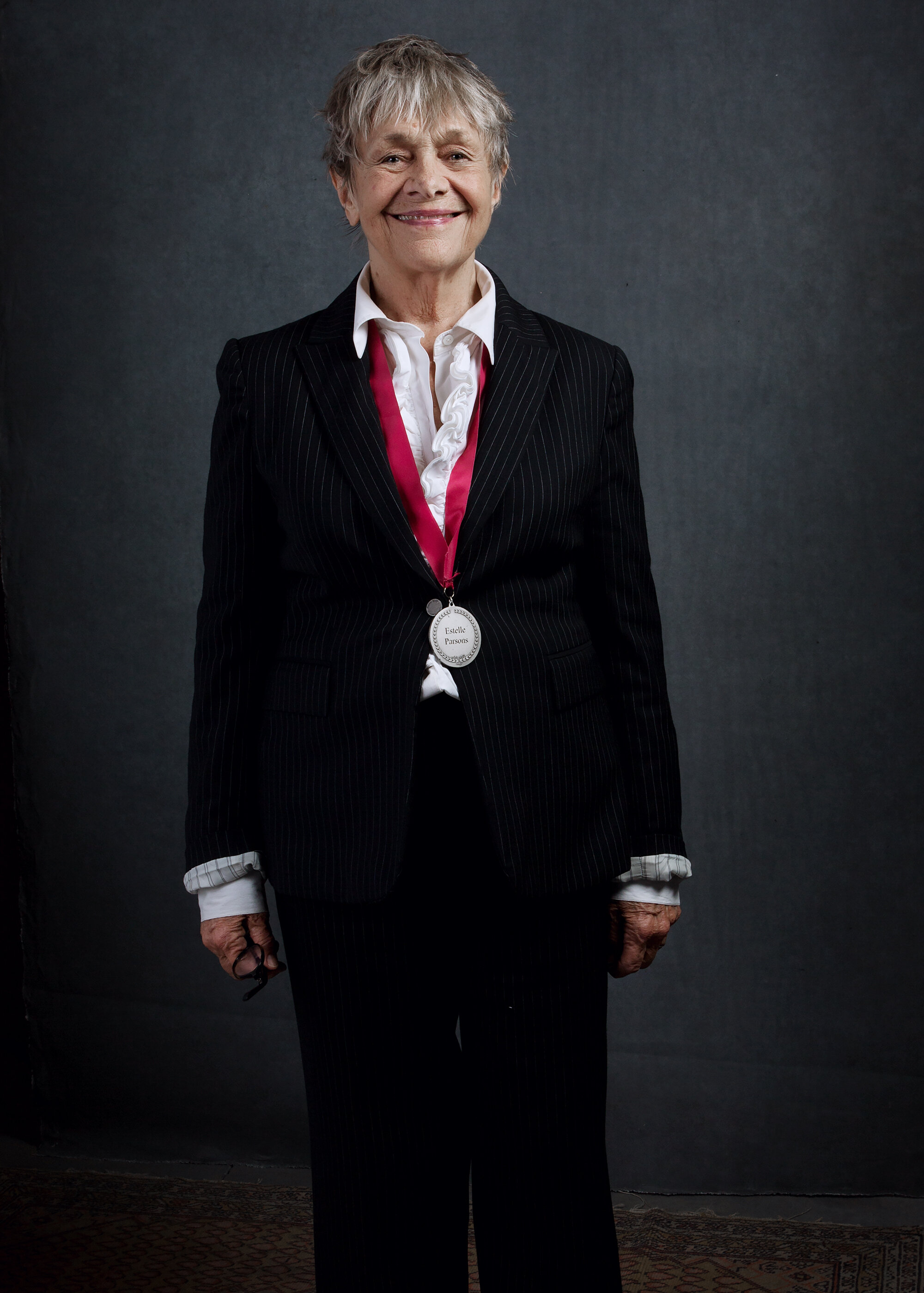Theater
Eleri Ward's Joe's Pub debut
Performance of "Illusory-Self"
Illusory-Self
Choreography by Luca Renzi
Costumes by Stine Dhalman
Ramiro Antonio Sandoval directs "In the Eye of the Needle"
On a rainy Monday, I stopped by Teatro LaTea, located on the second floor of the Clemente Soto Velez Cultural Center on the Lower East Side. LaTea is hosting a residency of the international theater collective Tabula Rasa whose mission statement is, among other things, to foster dialogue on an international level through artistic expression. We were invited to sit at a run through of their latest piece, In the Eye of the Needle, a funny, inventive, and ultimately poignant look at communication in the modern age. We sat down with Ramiro Antonio Sandoval, the founder and artistic director, who in the middle of an arduous day full of rehearsal was gracious enough to share his thoughts on theater, social change, diversity, and the importance of interpersonal communication.
Margarita Javier
Read conversation
2018 Lilly Awards photo booth
Esther performs the Smooth and the Striated
Johnson Henshaw & Morgan Green at the Sharon Playhouse
Michelle: So, how has the experience been, what are the lessons learned, and what can others take away from this type of programming? How would you encourage other artistic directors or administrative folks to be inclusive in their guidance of emerging theater artists?
Johnson: It’s a leap of faith. You have to trust the artist. I’ve only seen Morgan do one show.
Morgan: He was very trusting. I couldn’t believe it.
Johnson: Well, I don’t think great work happens without great risk. There are so many theaters in this country. There are so many theaters in New York that are picking the trusted directors, the old steady hand, with the way that it has been done before. It feels to me, if I’m going to be a young artistic director, I should do something different. I should make a different choice. I should think about who’s going to make the next great theater, and give a platform. I’m really proud of Morgan’s work, and now she’s had three big productions in a row. I won’t speak for whatever she’s learned, but there have been insane learning moments. No artistic director can ever tell her she’s not ready to do a musical. No artistic director can tell her she doesn’t know how to do a stylized Caryl Churchill play, you know, and that’s so exciting to me. To give her that experience…
Morgan: Yeah, it’s a ton of experience right in a row. It forces this kind of feverish creativity.
Michelle: It must be all overwhelming.
Morgan: Very overwhelming. But it’s pushed me to be really collaborative with the designers and the actors and trust them in the way that Johnson’s trusting me. I think [Johnson] told me I brought about 80 people here, all in all.
2017 Lilly Awards photo booth
Monday, May 22nd, 2017
Playwrights Horizons
New York City.
Mimi Lein at the Imperial Theatre
Michelle Tse: And I also imagine for this show, you maybe collaborated with the other designers more than any other production. Was there one designer you worked with more closely than another? We sat down with Paloma [Young, costume designer] recently, who said your set informed her designs a lot.
Mimi Lein: Really?!
MT: Yes! And I noticed when I was at the show that when the actors are spinning around on the constructed aisles that the circumference of their dresses were literally the exact width of your aisles.
[Everybody laughs]
ML: I know! I don’t know whether it’s possible that Paloma went and calculated that, but I noticed that, too! Everytime I watch the hem of their skirts I worry that it was going to knock over something. [laughs] I mean, if Paloma has calculated that, she hasn’t told me, but I worship her. I feel like for me, a lot of the bunker is actually in response to the punk flavor of some of the ensemble costumes. We certainly talked about it in the beginning, about this being an anachronistic vision of Russia. We’re not being period specific. This is not what 19th-century Russia looks like, you know? This is maybe if you went to a nightclub in Moscow in the late ‘90s and their theme was Imperial Russia. Maybe that’s it. So that has a lot to do with the techno music that Dave [Malloy, creator and composer] composed. So it’s kind of a mashup of things.
Moodkill
Martyna Majok in Fort Tyron Park
Corey Ruzicano: Absolutely, and as someone who has known people from these many places and who has gotten to travel to different parts of this country and a little bit outside, I wonder how that perspective has affected your work. Have their been lessons from your travels that have influenced your writing or are there lessons that you think New York could learn from other parts of the world about how to make or take in work?
Martyna Majok: I’ve been to two places that I’ve seen theater outside of this country – I think just two? I’ve been to Poland and to Russia. I went to Russia with a program in grad school that was similar to one of the Lark programs where they translate your play into Russian and they stage it. I speak Polish; I don’t speak Russian, but I know enough cognates to have an idea of what’s going on. It’s funny – they flew me out to Moscow, translated my play and then when I got there they were like, What are you doing here? Get out! Playwrights, we don’t want you here! The director that was trying to get me out of the room said he didn’t speak English very well so I’d have to go but it turned out the two main actresses were from Poland. They said they’d translate for me but the director was not having it. For that particular experience though, I was totally fine to be out of the room. I mean, Isherwood wasn’t about to show up to Moscow to like, make or break this production. I was happy to go out and grab a drink and walk around Moscow and, you know, See you at opening!
CR: Wow, so it’s a really director-centric culture there?
MM: Oh yeah, it seems like they’re the auteurs there. I was on a panel with some Russian playwrights who became really emotional talking about how they felt like their words were disrespected. In their experiences, the directors would cut or insert or do whatever they want with their text. It seems if you want to have the more authorial voice in Russia, you become a director. But that was just my one experience. It seems similar in Poland. In this Russian production of my play, I was more watching someone’s response to my work versus my work. It was interesting to me as an experiment. And in Poland, from what I understand, it’s similarly director-driven, where often groups work for a long time devising a piece of theater that’s written together. Or they work from a text that they choose from freely. And it’s very politically engaged. I went out this past December for the Festiwal Boska Komedia in Kraków – my first time seeing Polish theater in Poland – and these shows were not shy about attacking the direction of the current government. I’d love to be able to work on a text for a really long time. Or to devise with a group – like Joint Stock, where people meet around an idea, talk and explore, and then the writer goes off with those thoughts and creates something for an ensemble. I’ve only gotten to do that once and I loved it.
Colby Minifie after a performance of "Six Degrees of Separation"
Composer & Performer, Ethan Lipton in the Library at the Public Theatre
The Oscar Hammerstein II Museum Benefit
The Oscar Hammstein II Museum & Theater Education Center hosted a benefit at the Player's Club to in an effort to preserve the farmhouse where Hammerstein lived and worked—creating some of most iconic music.
Costume Designer for "Natasha, Pierre & the Great Comet of 1812", Paloma Young
Ramayan at the Met
Ayodele Casel in her studio
AC: …That is one of the wonderful things that tap dance has given me: it teaches you to recognize your individuality from the get-go. In improvisation, you cannot be anybody else. If you aren’t being yourself, you aren’t being authentic, you aren’t being interesting, you aren’t honoring the dance that you’re doing, you aren’t honoring the art form and most importantly, you aren’t honoring yourself because we all have our own unique and wonderful point of view. If you’re paying attention, you learn very quickly to start honing some authenticity.
Shaina Taub at the Public Theatre
ST: How you act and the energy you put out does matter. We’re not powerless. A thought I had in the wake of one of the unfortunately fill-in -the-blank terrible days we’ve had this year, was that: we’re not powerless, we can’t give into the myth that we’re powerless. We can love each other and put out a loving, joyful energy and that doesn’t count for nothing. It counts for a lot. We can’t let anyone take that away from us.”
(Full Conversation)
the cast of “Hadestown” at the Bowery Hotel
Nabiyah: I also think there’s something unique about retelling myths and tales, which is the aspect of dissecting archetypes. Because you can dissect an archetype as it is outside of yourself and in the external world, but you can also use it to dissect aspects of your psyche and learn so much about yourself, and therefore learn about other people and be more compassionate and be a little more understanding. So I think there’s something special about the classics.
